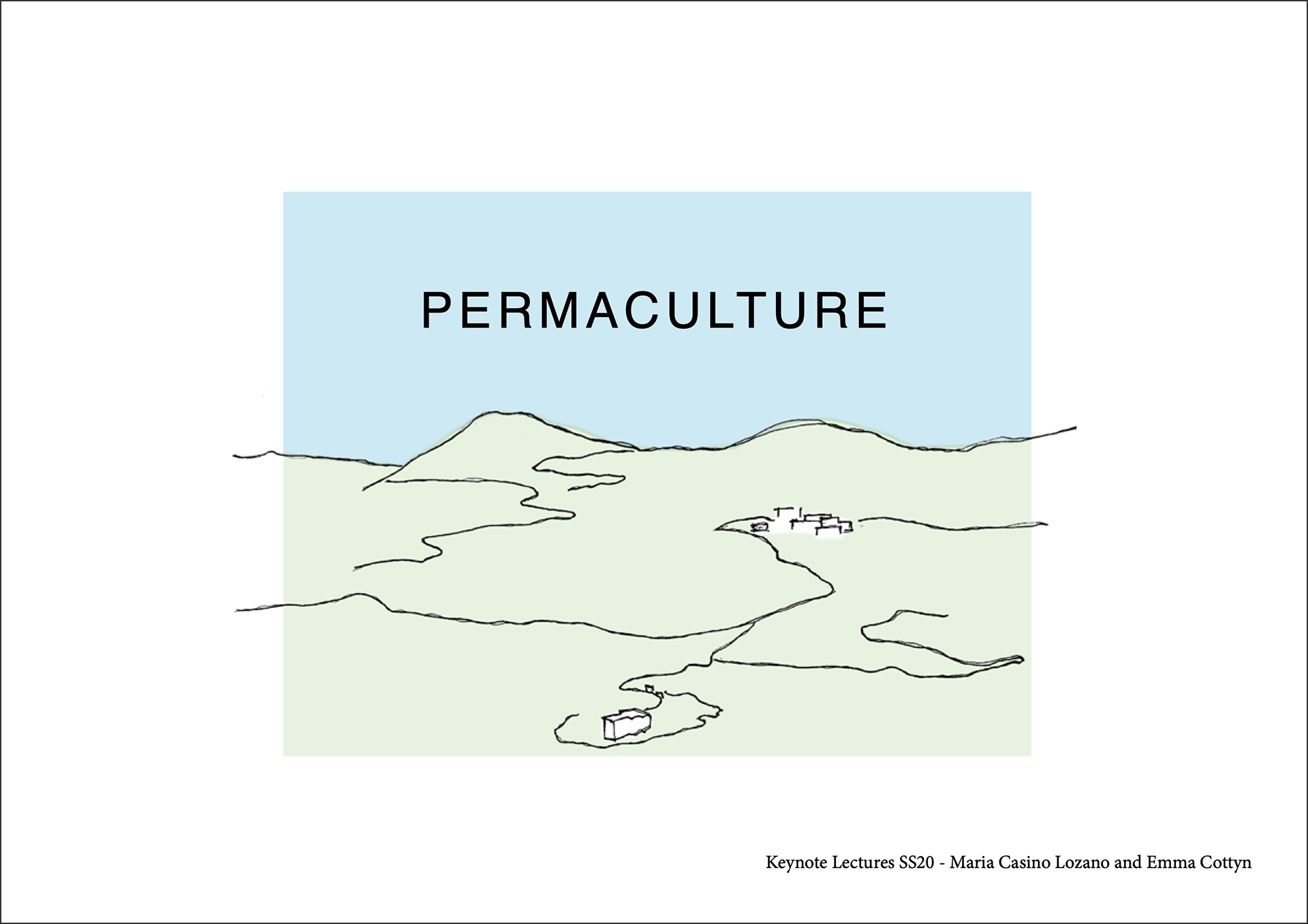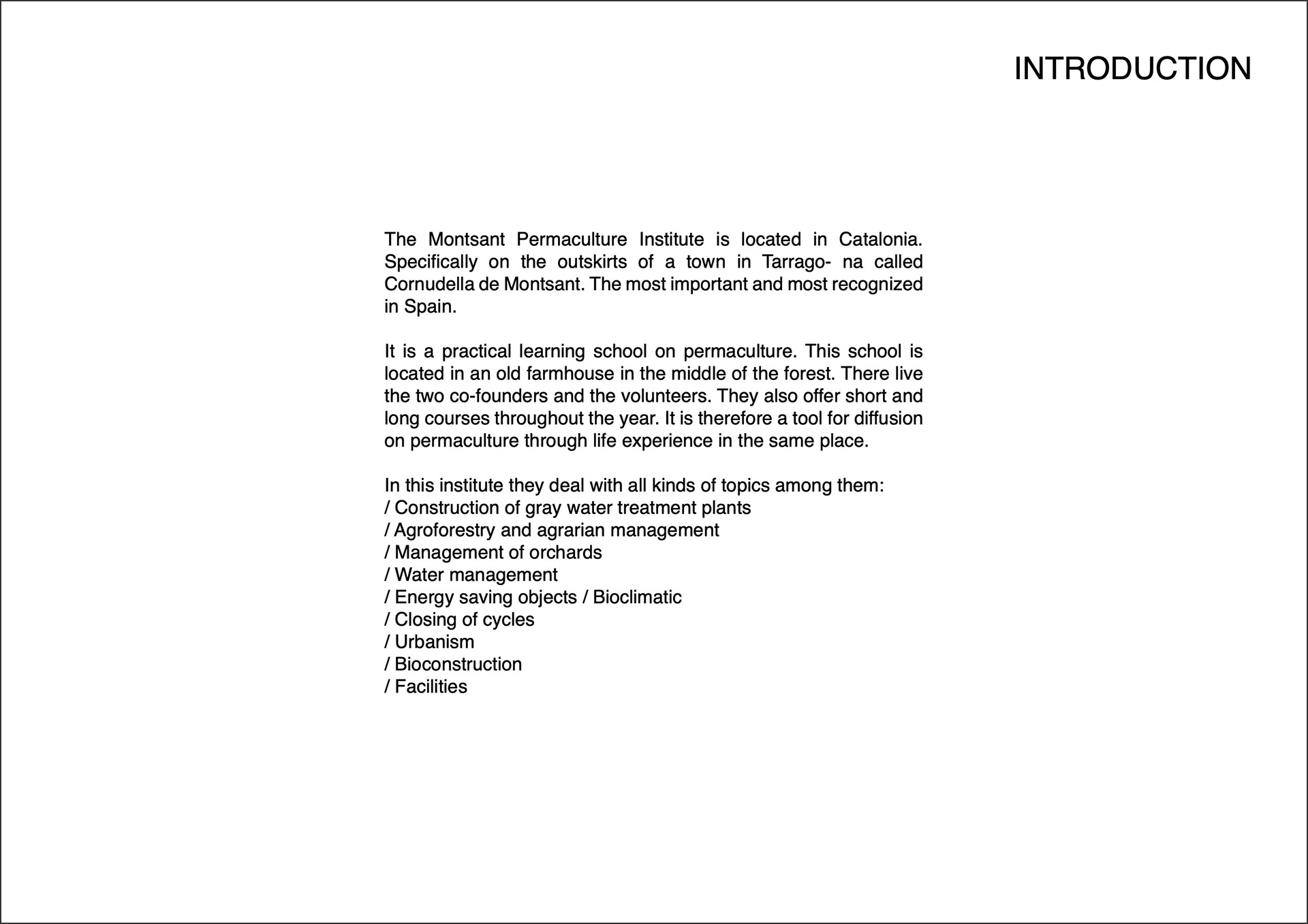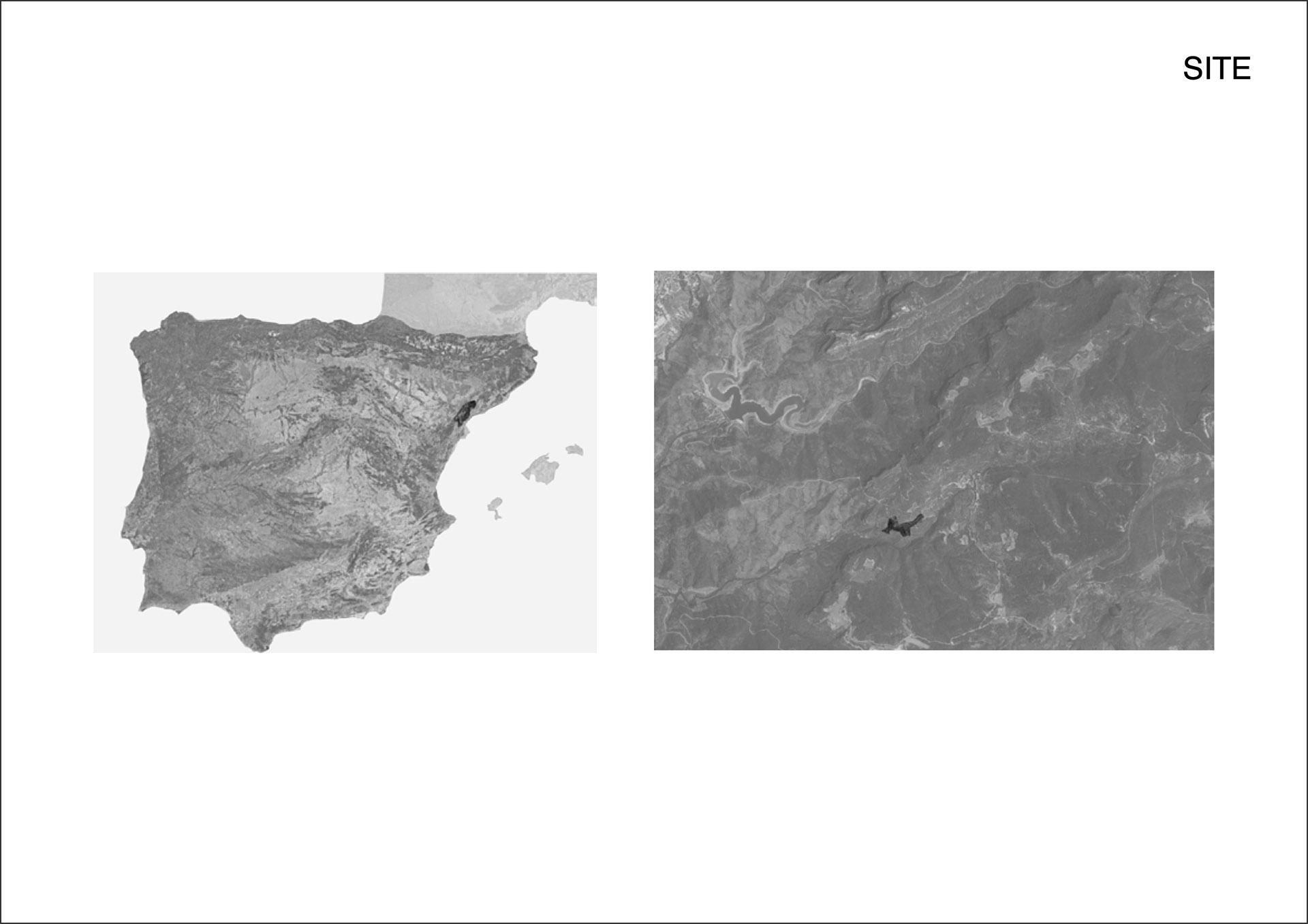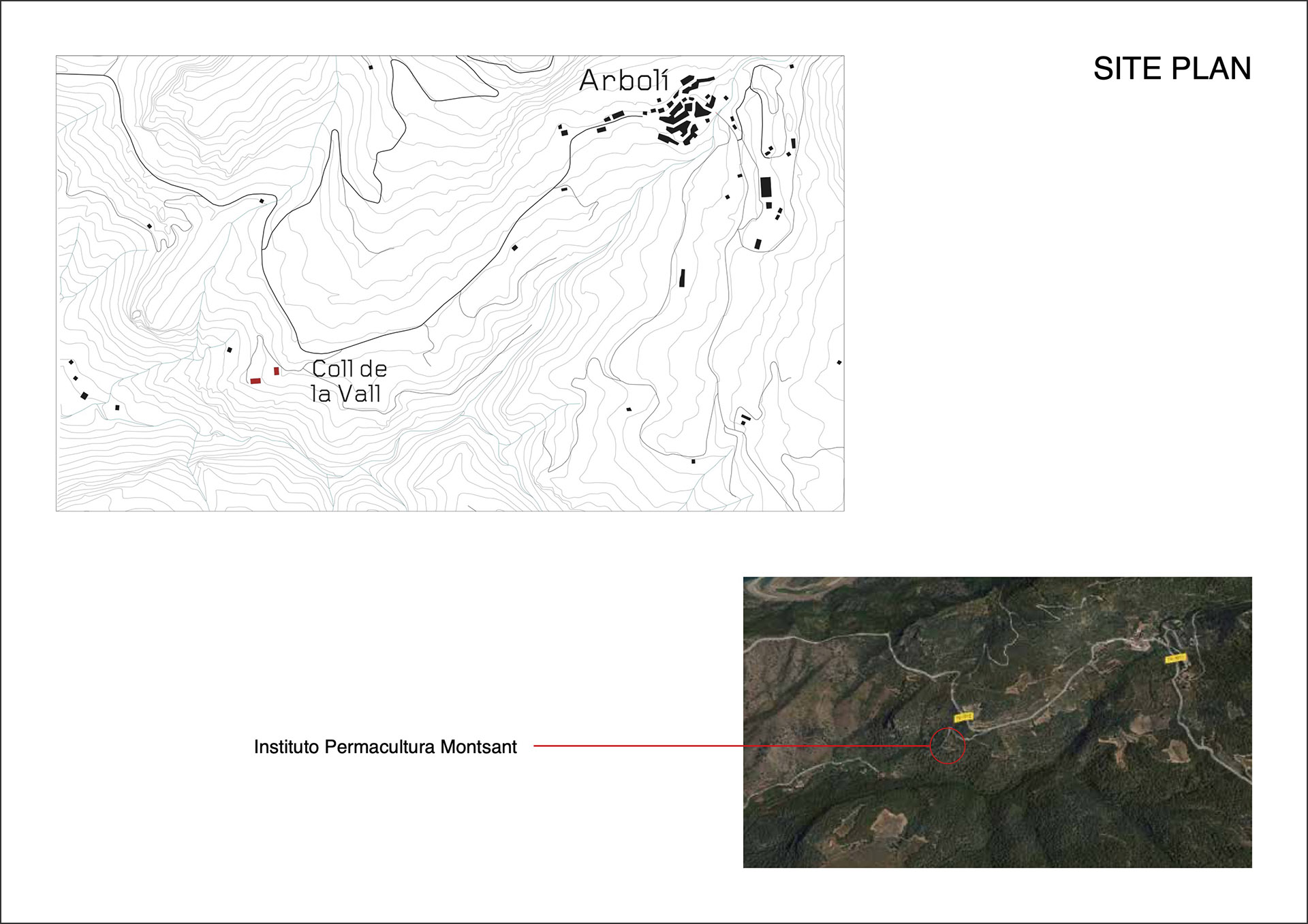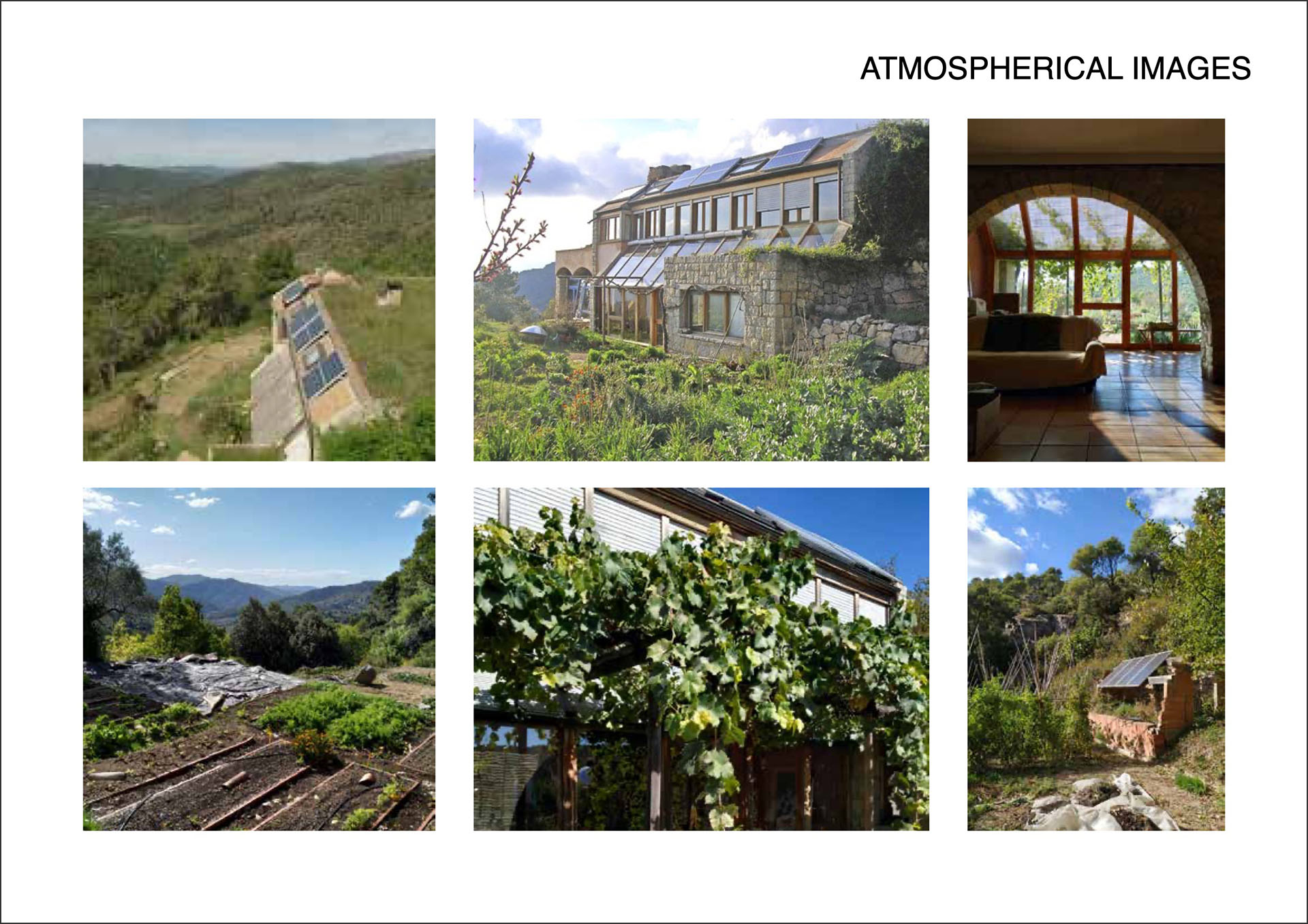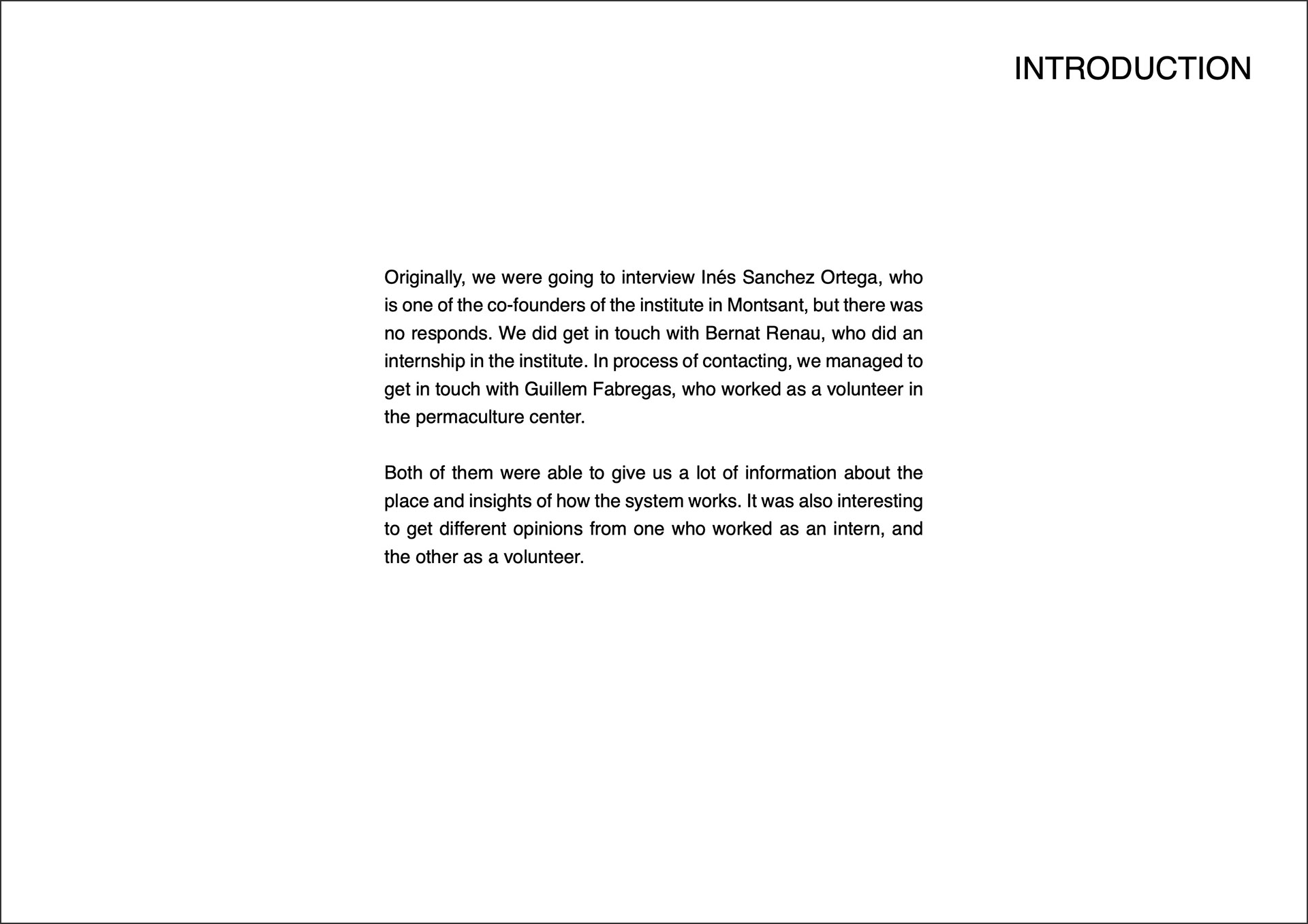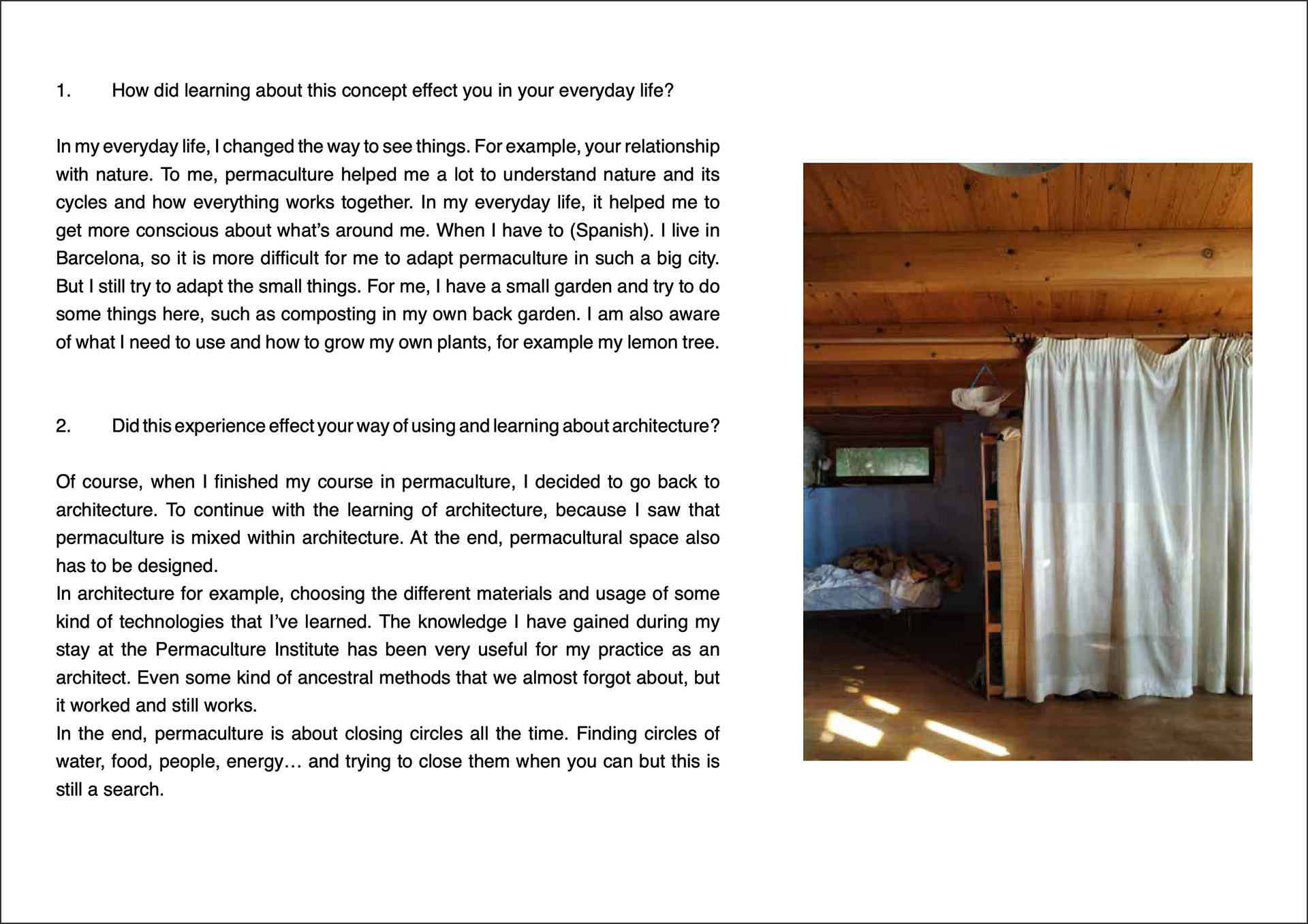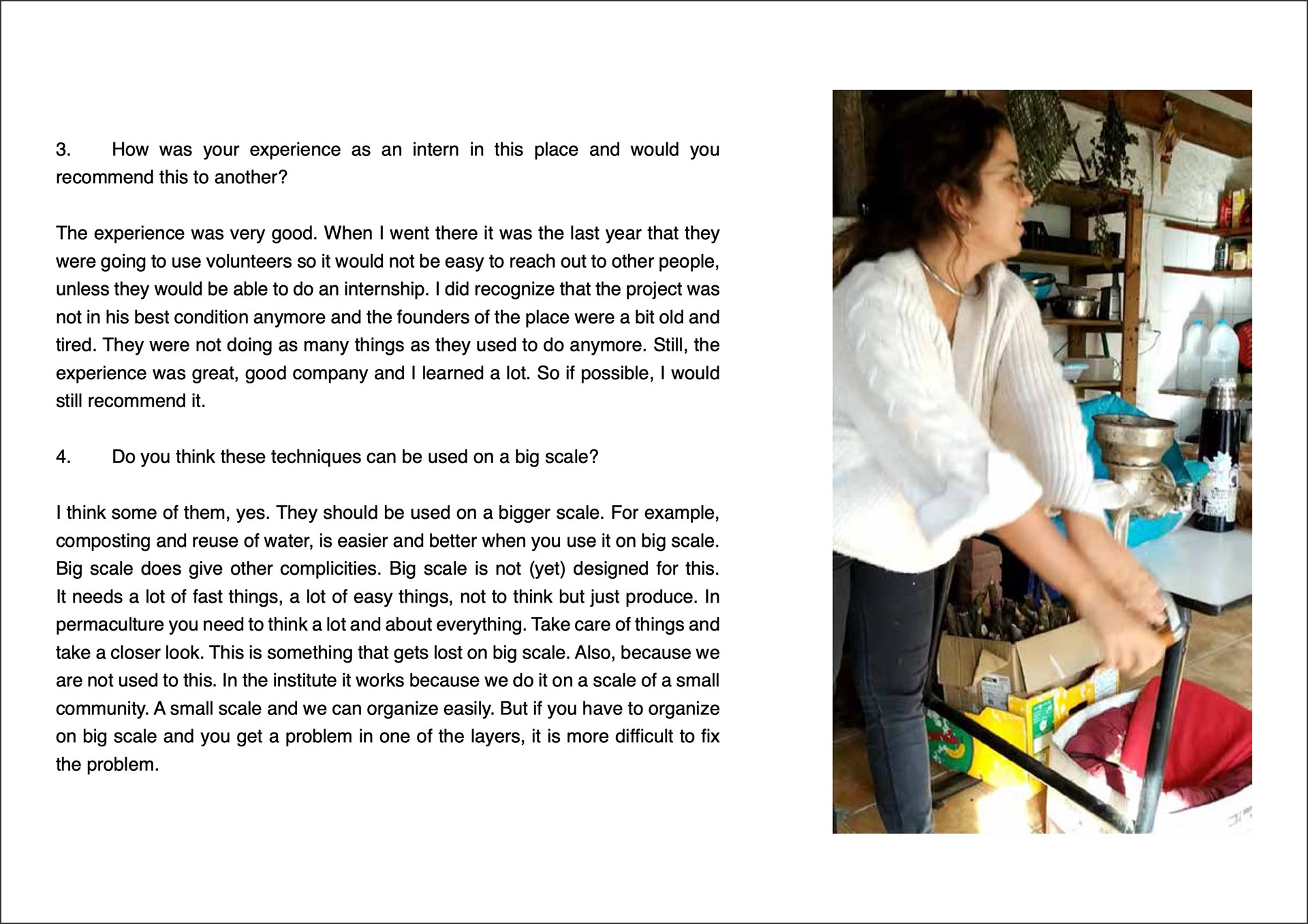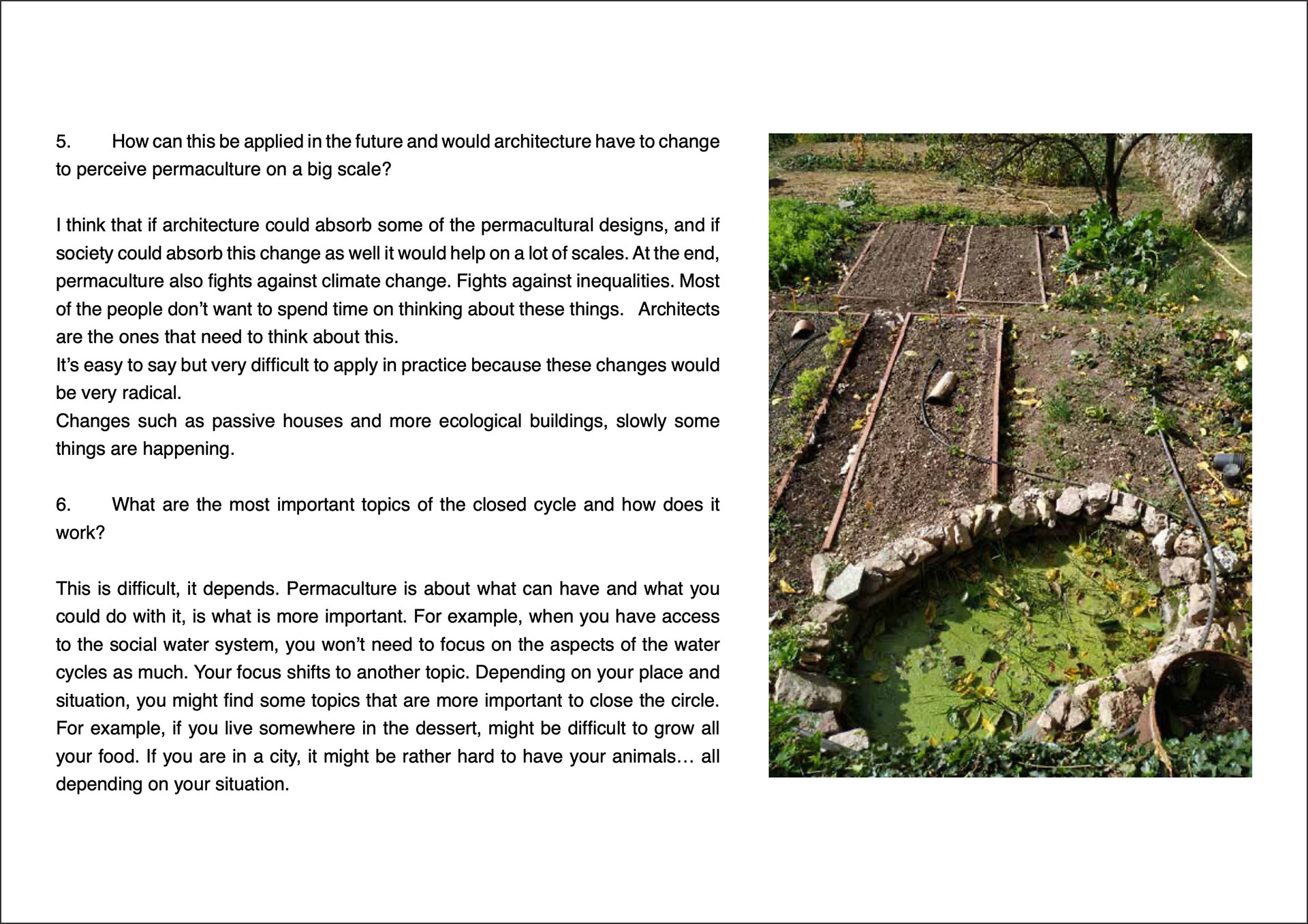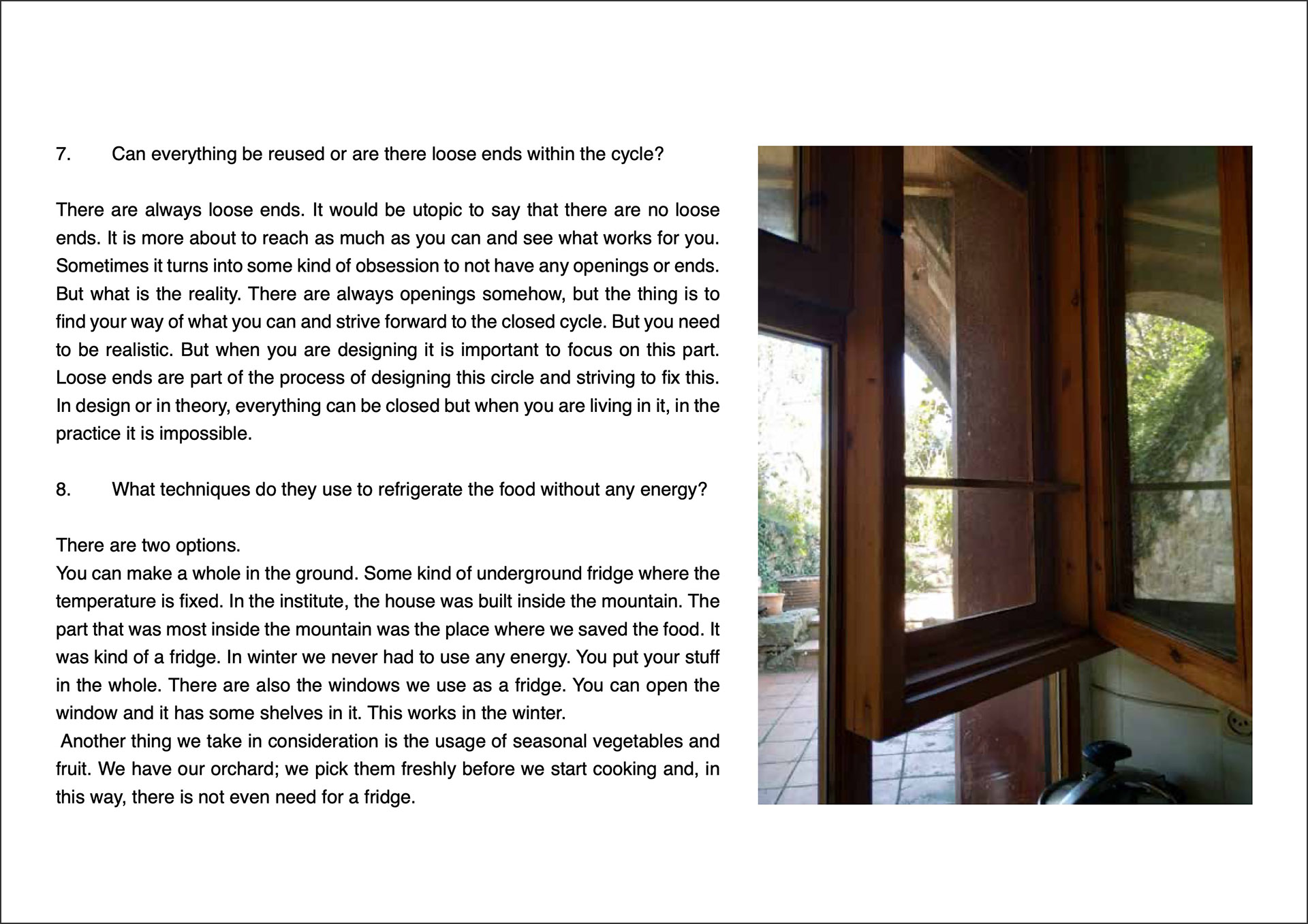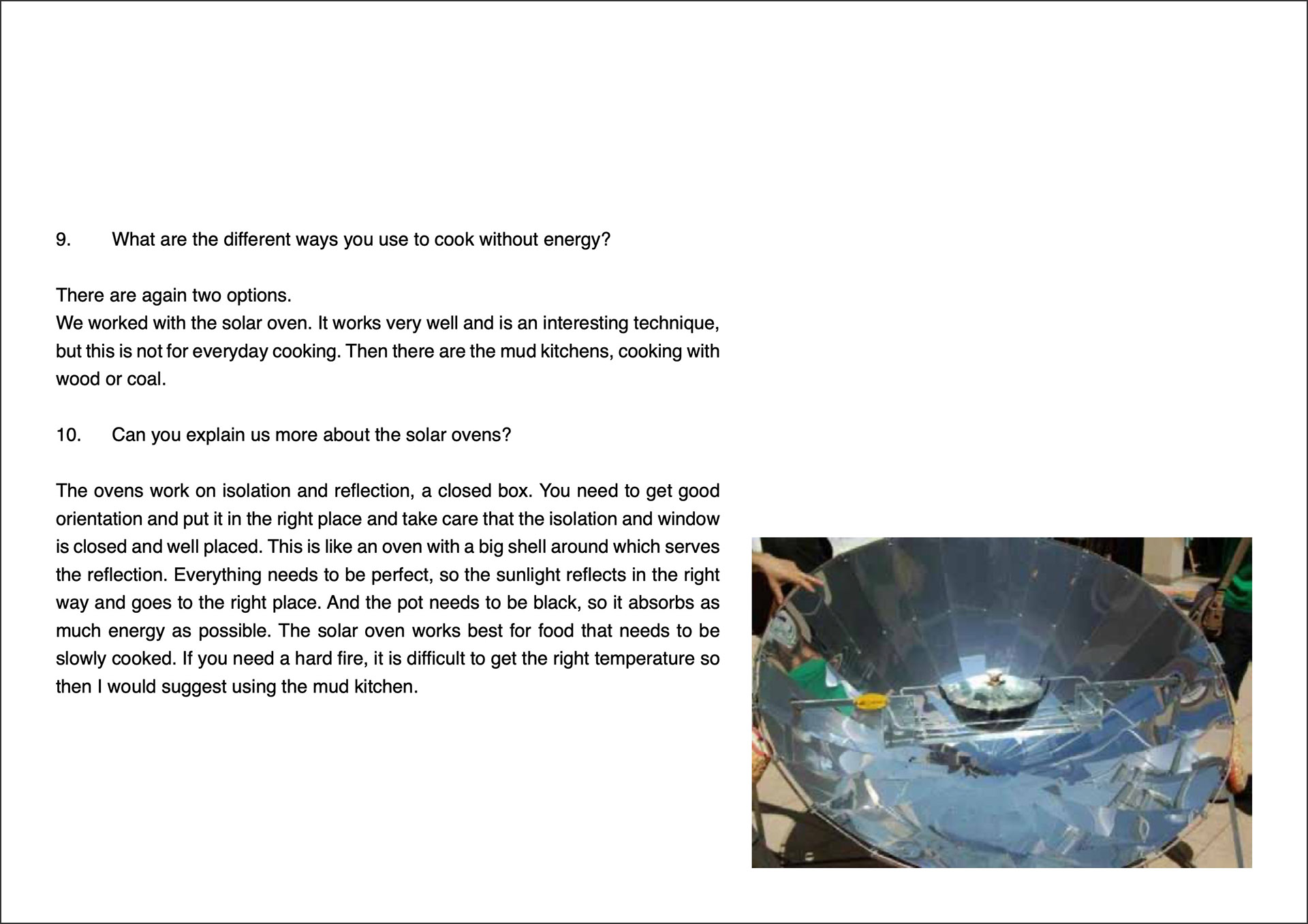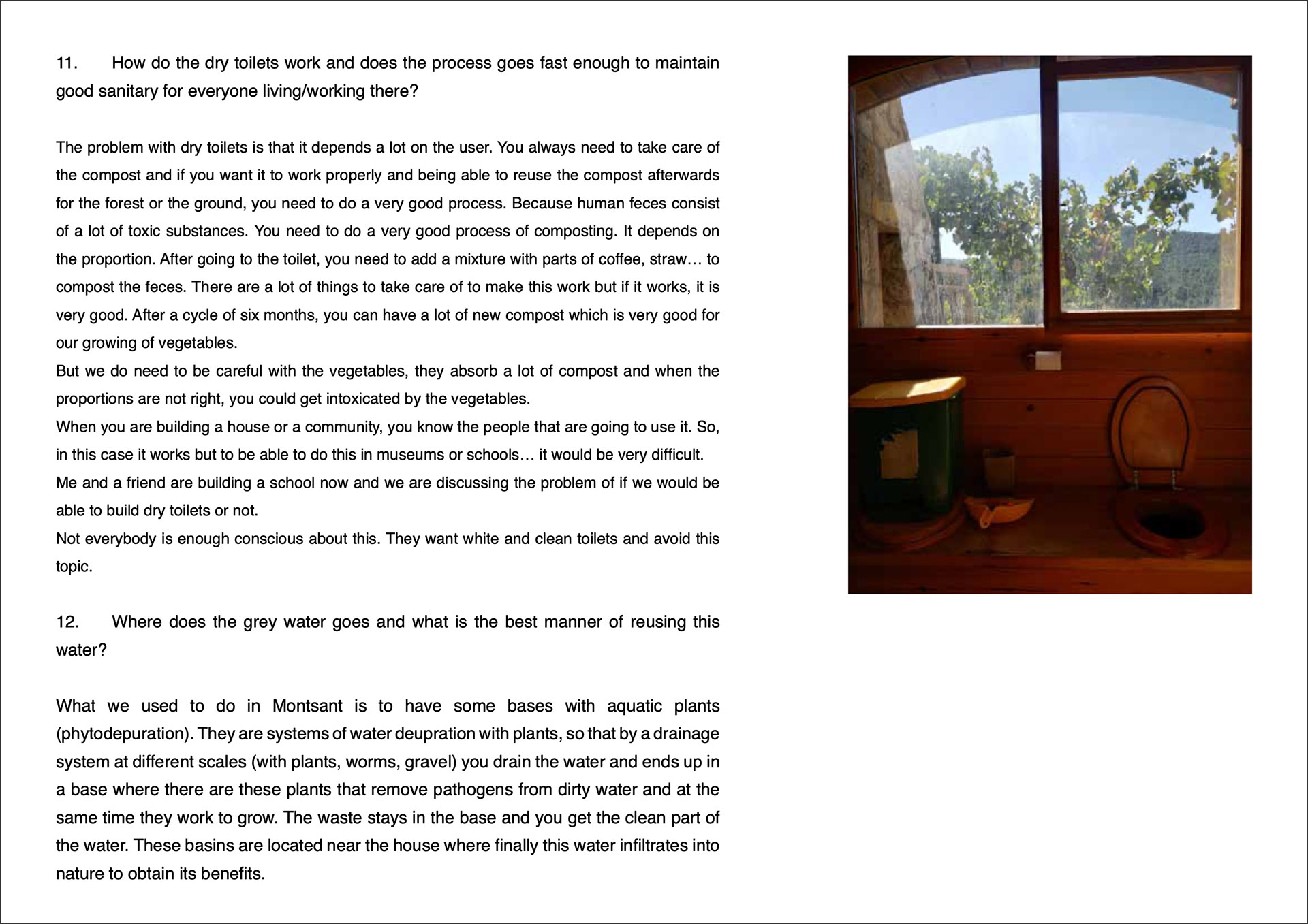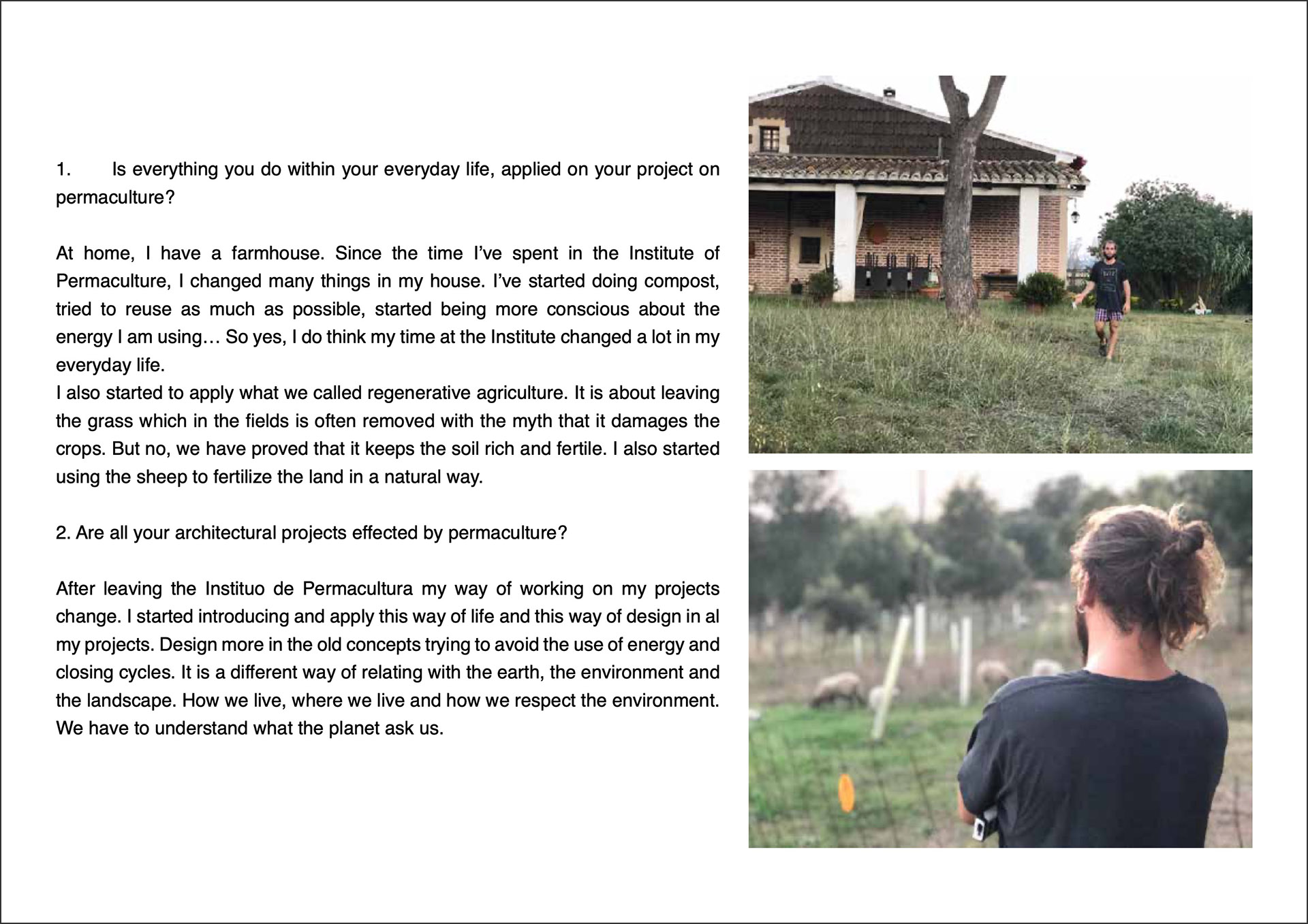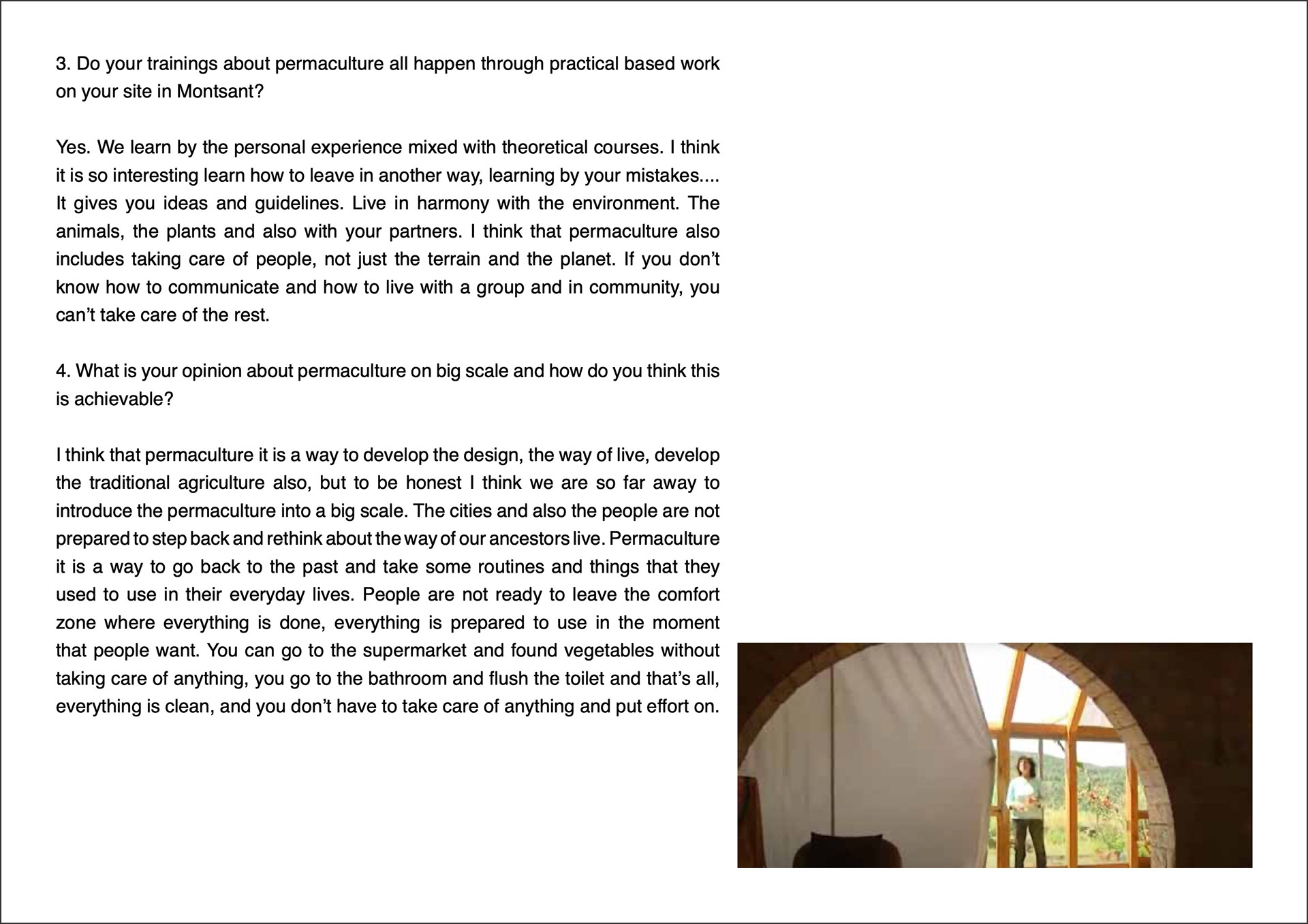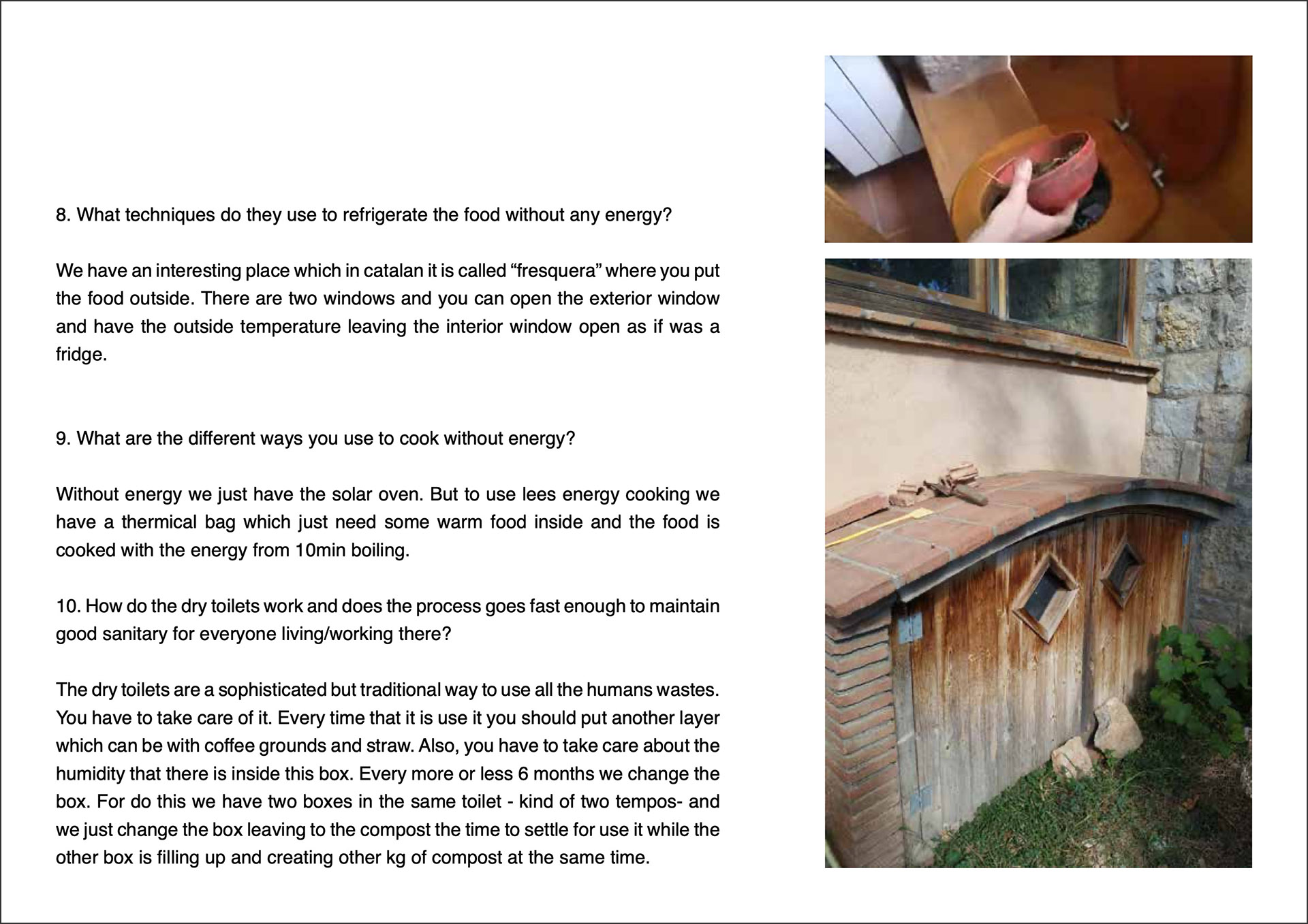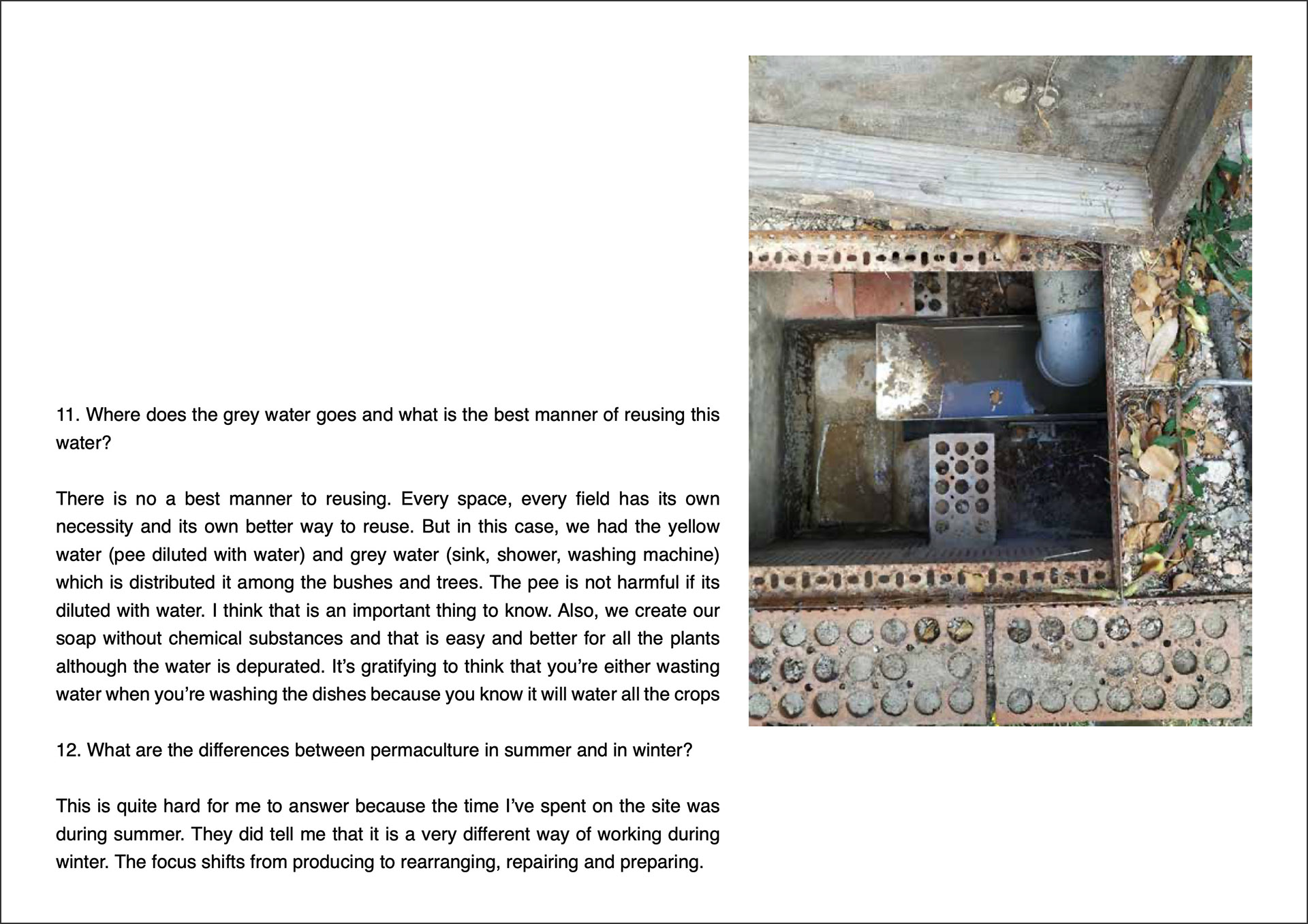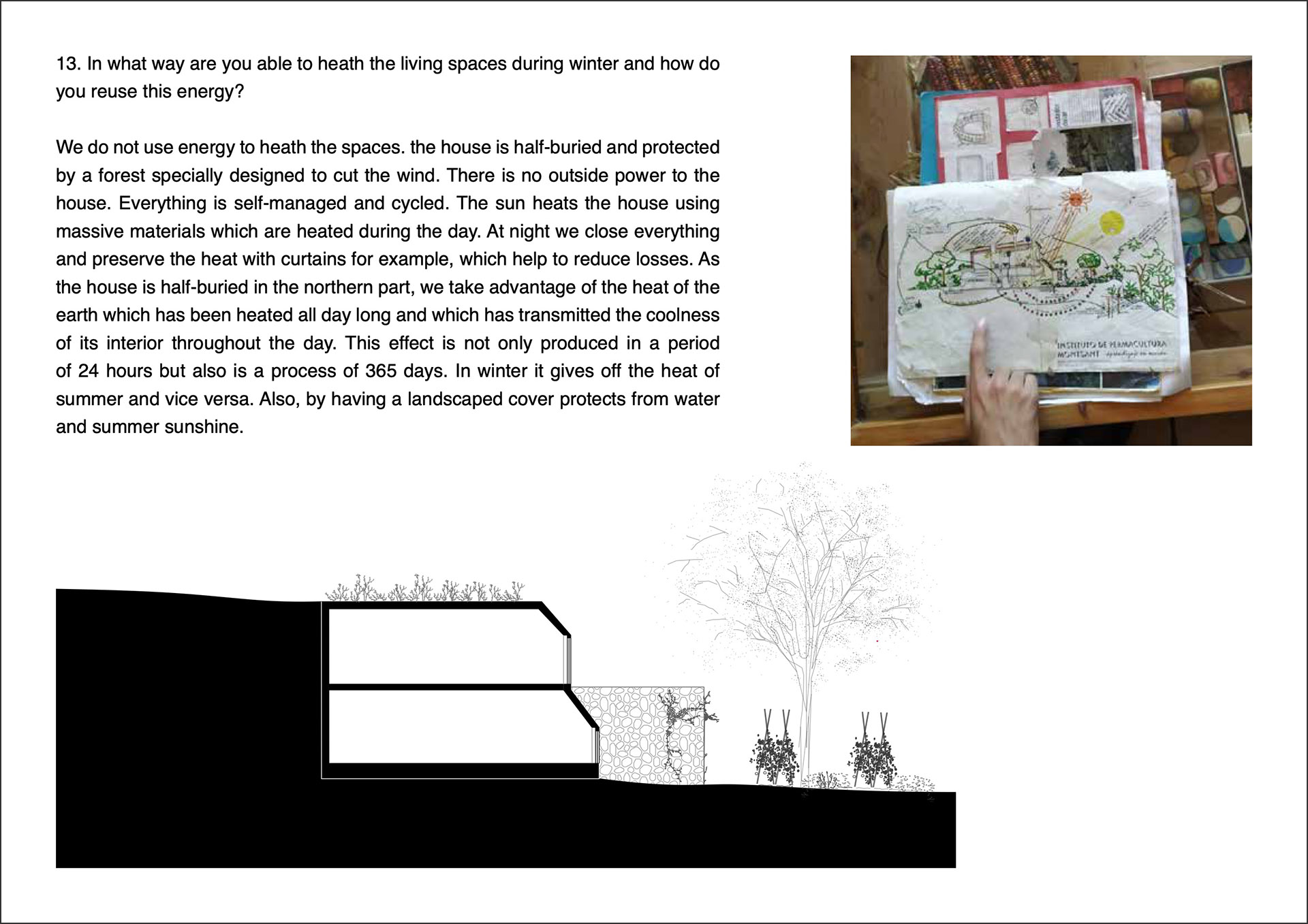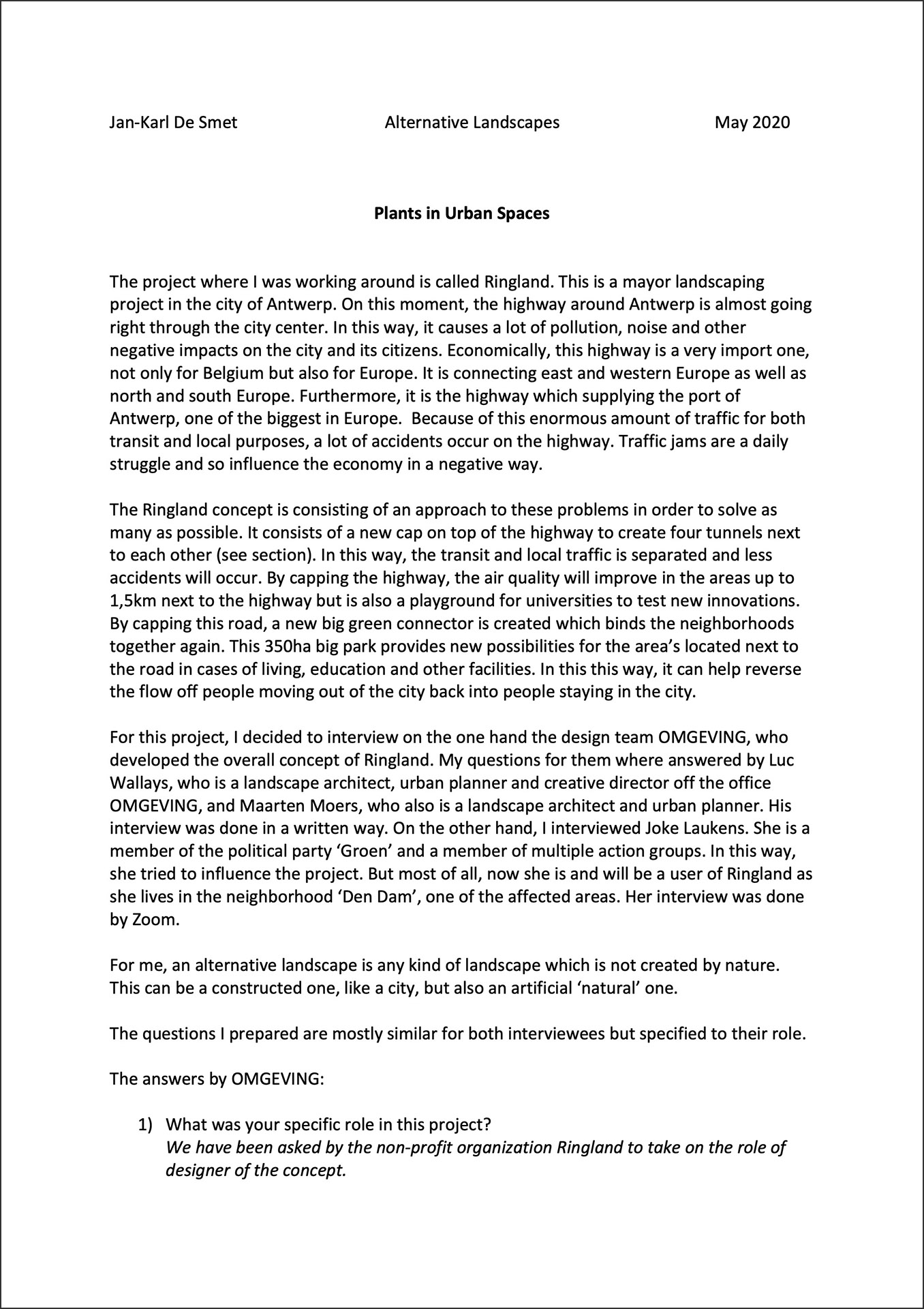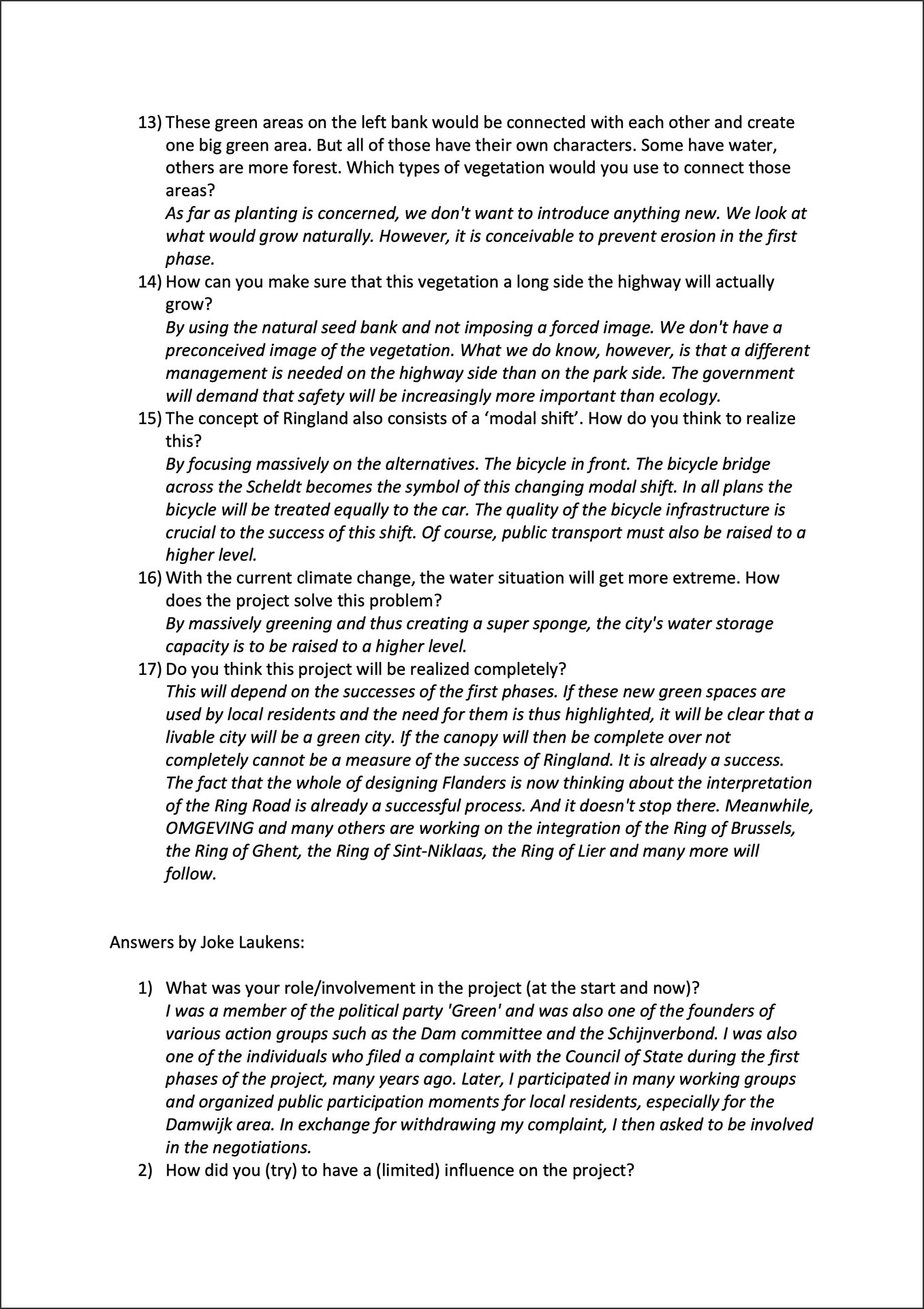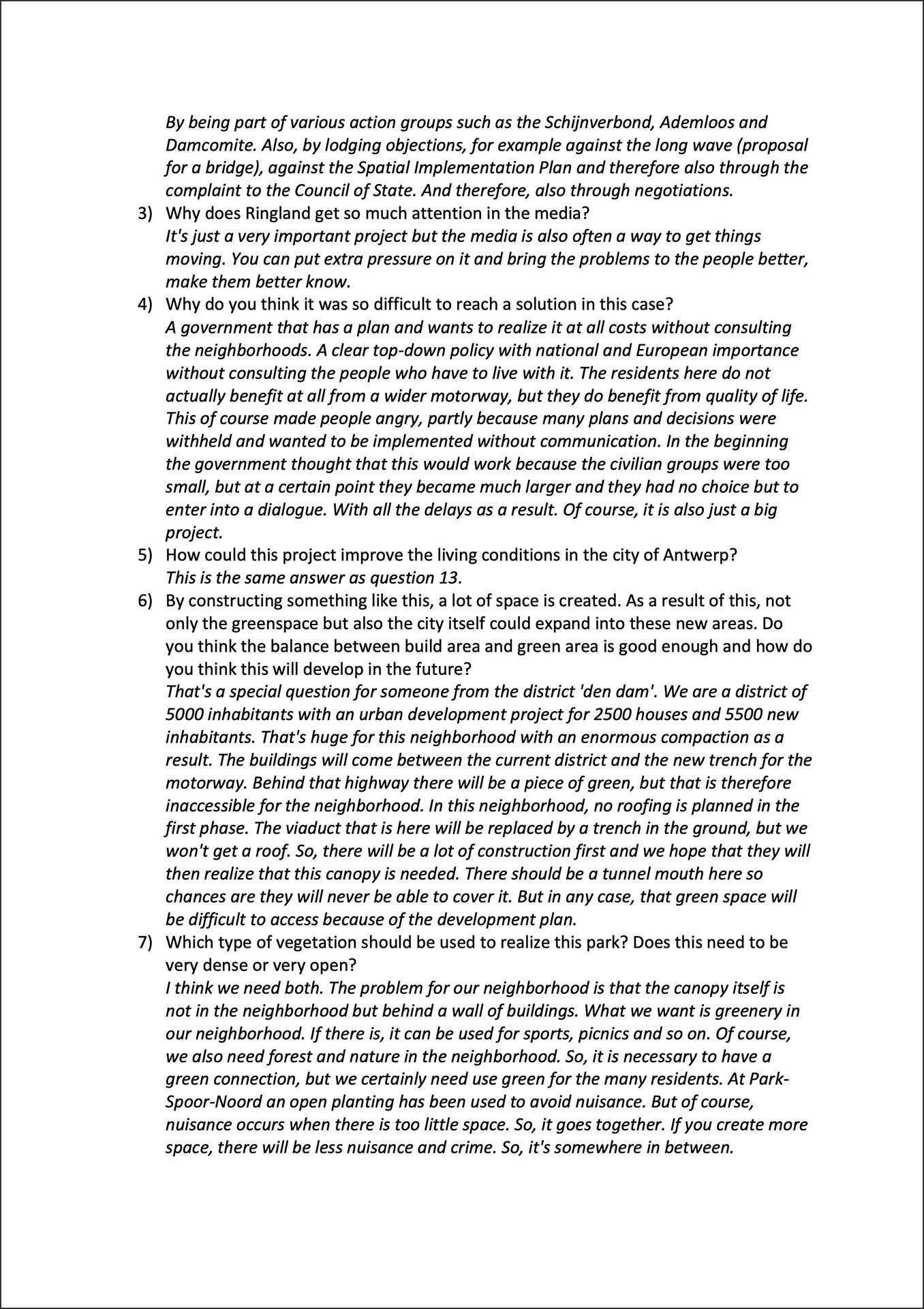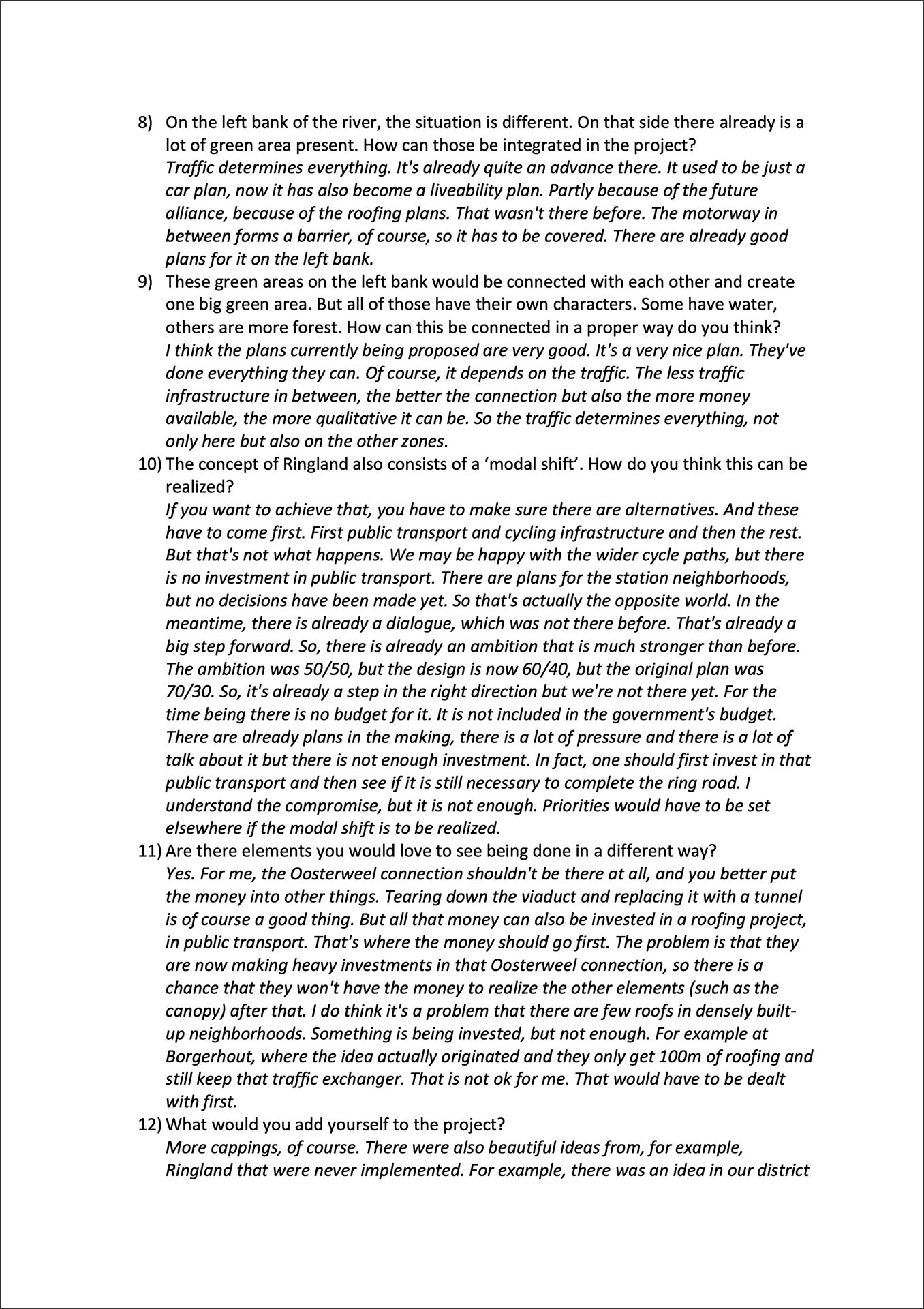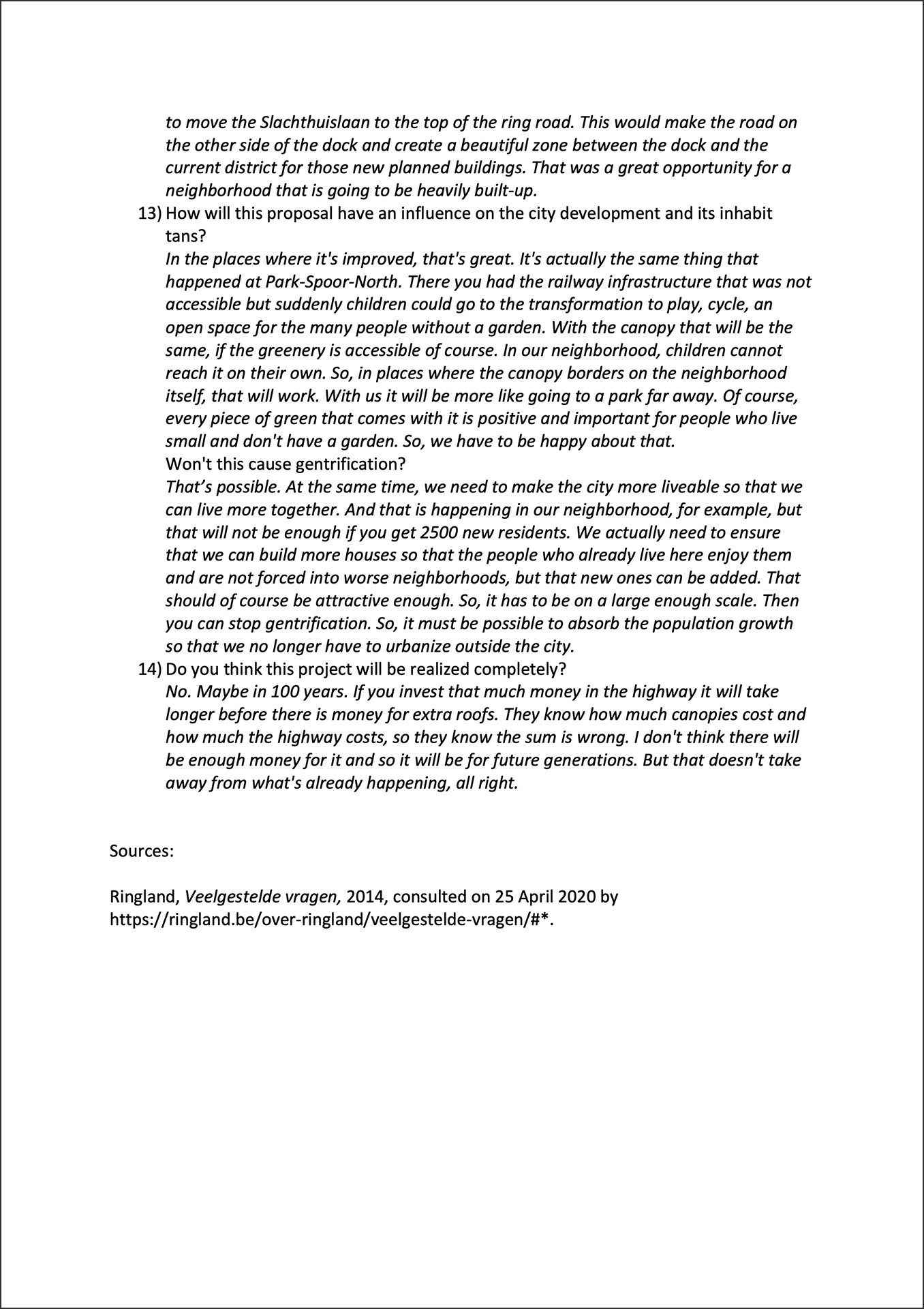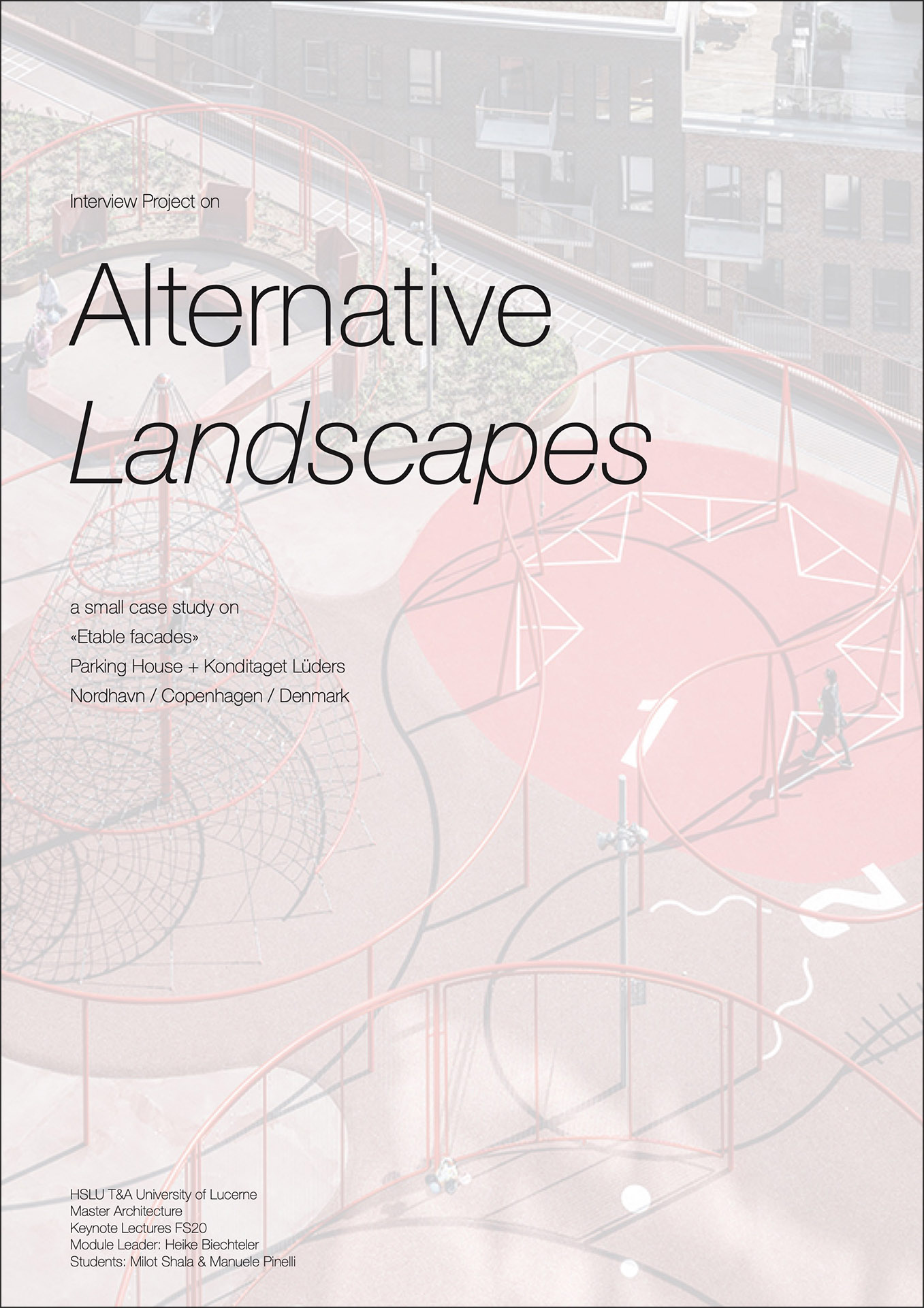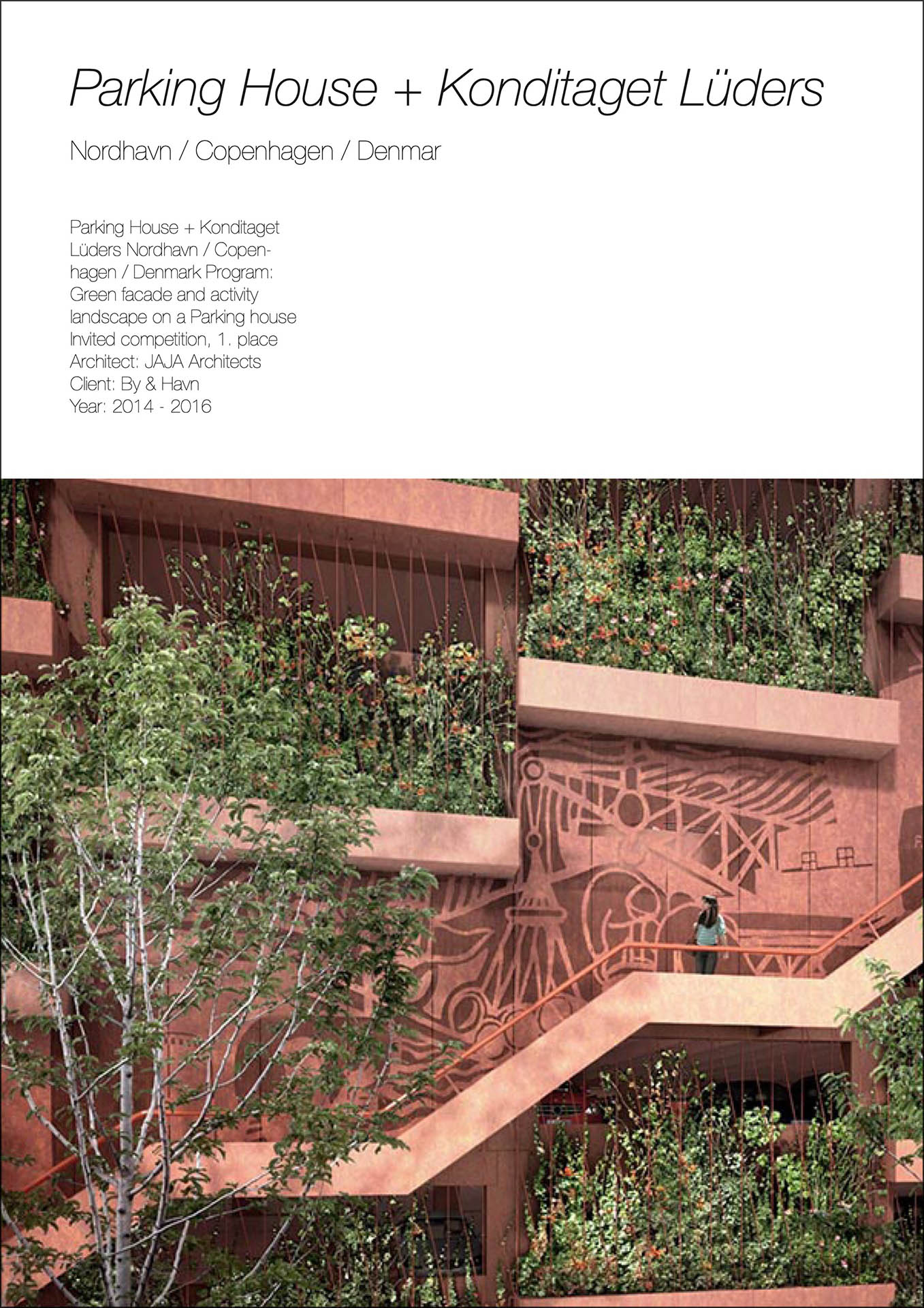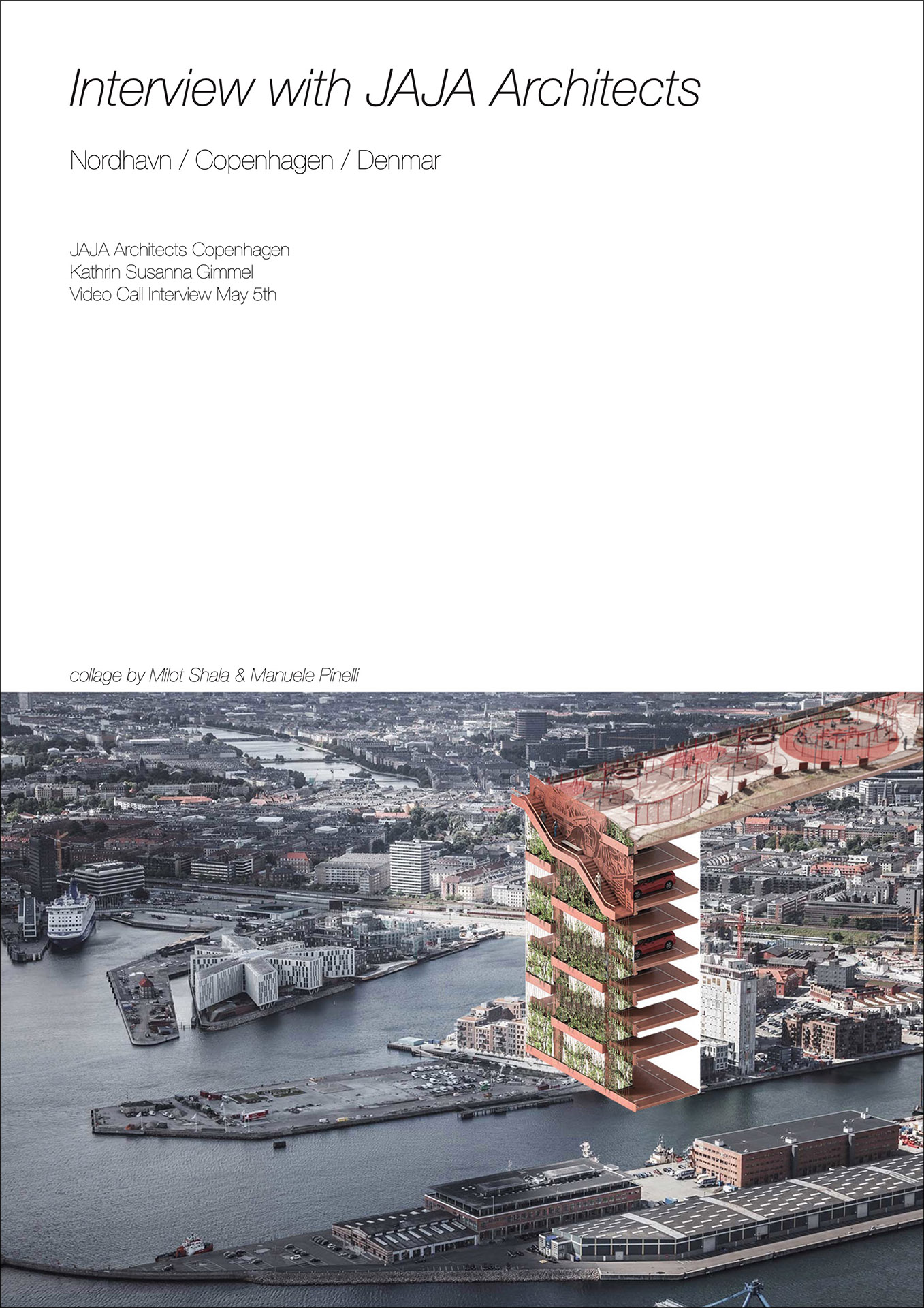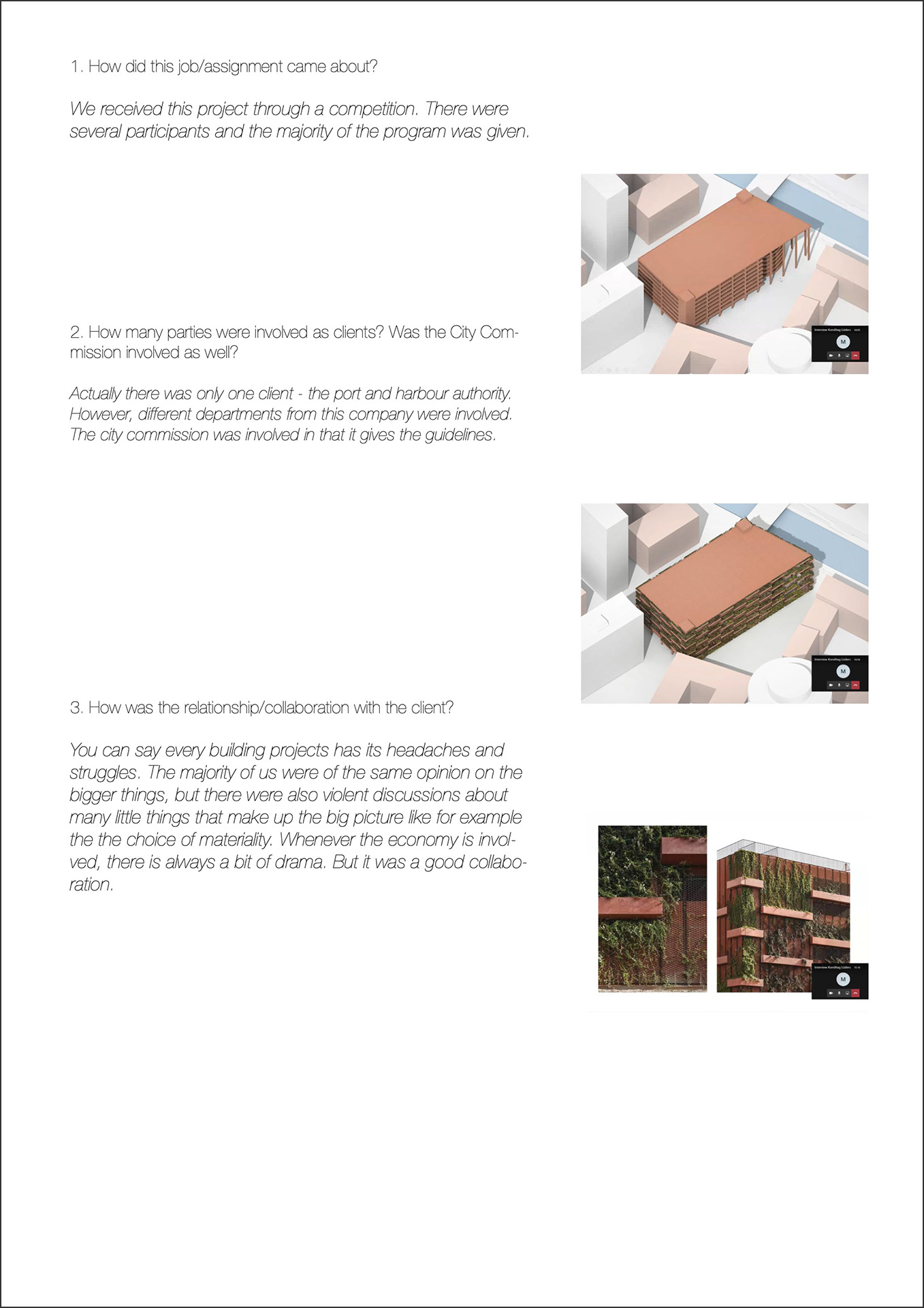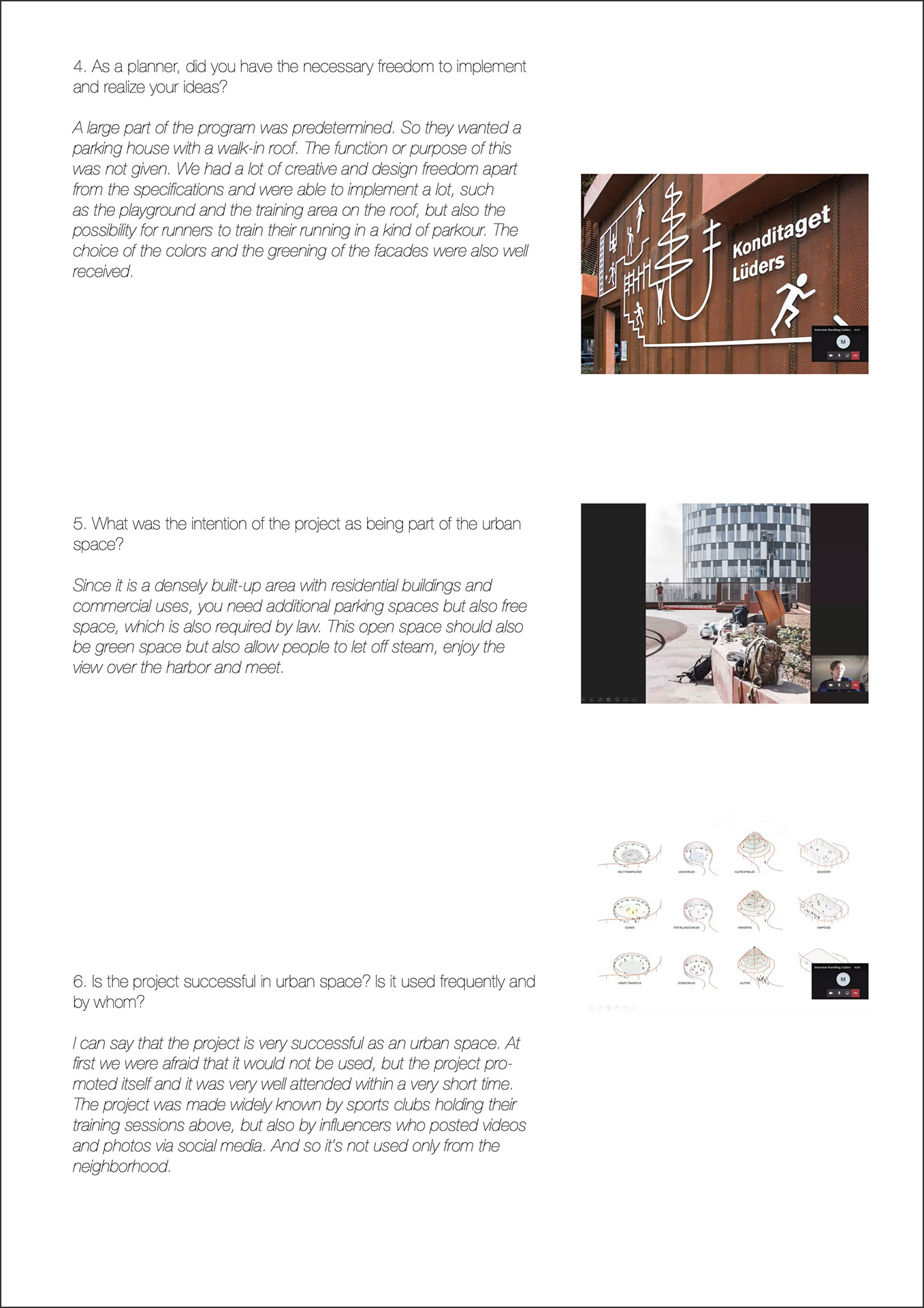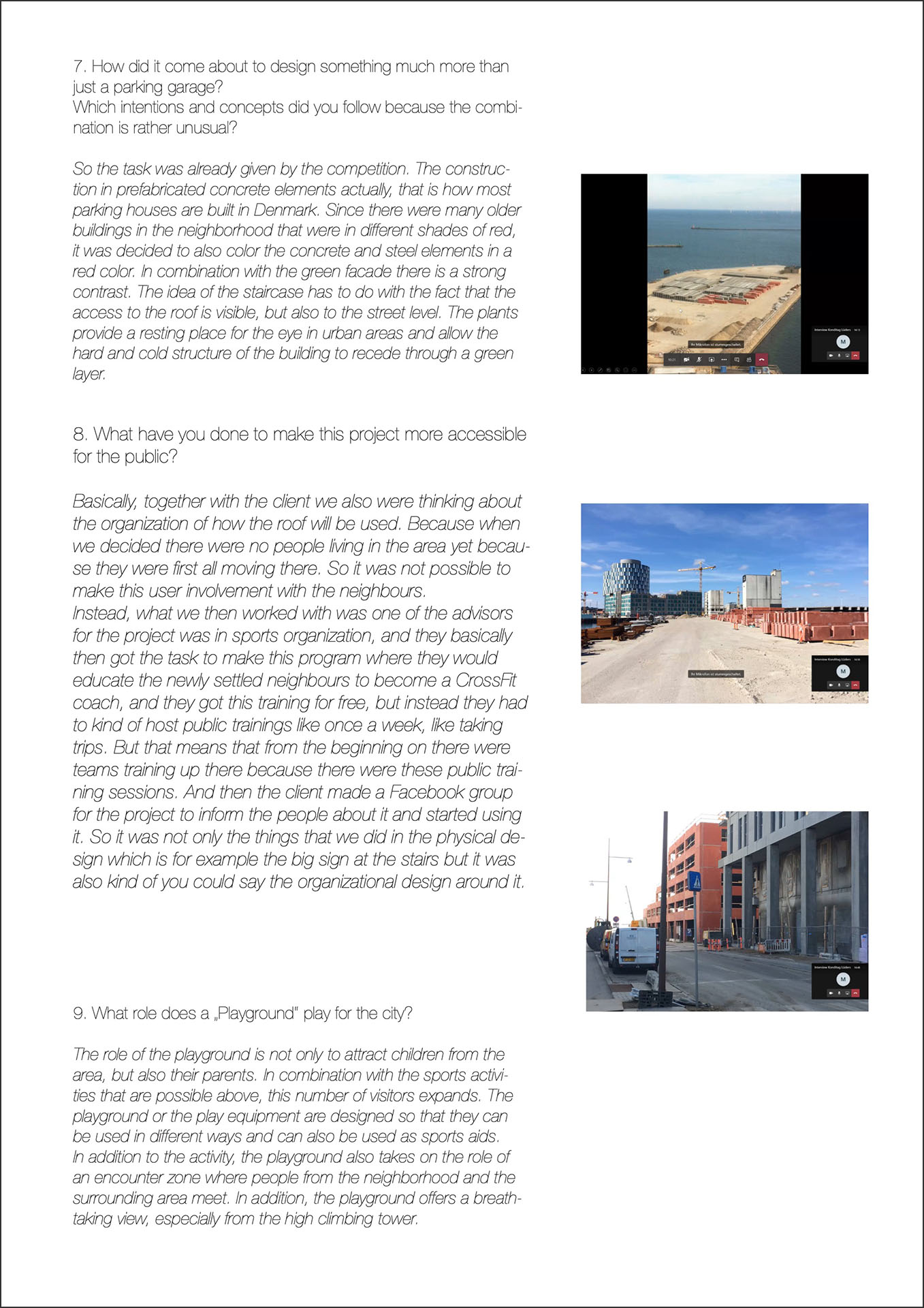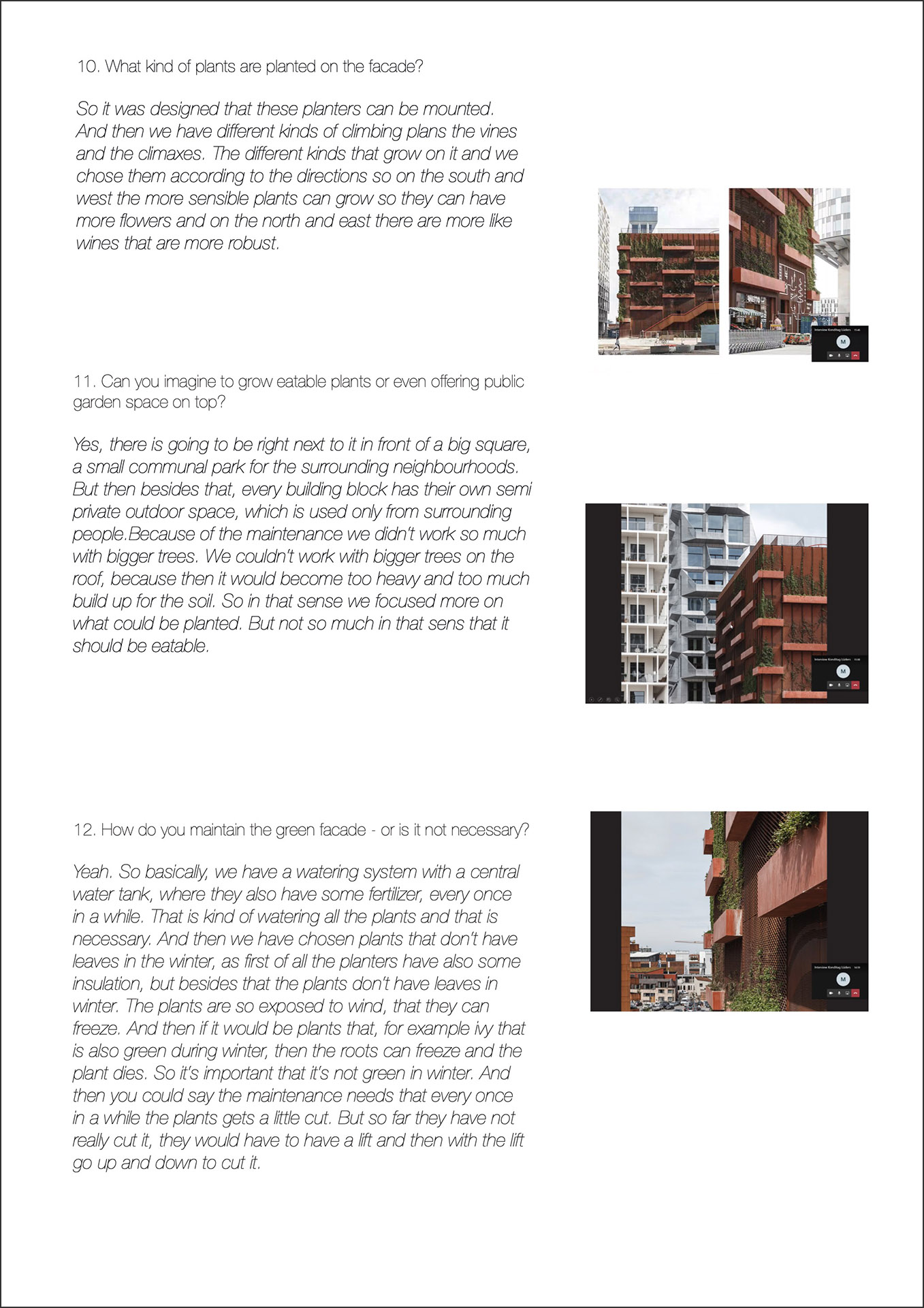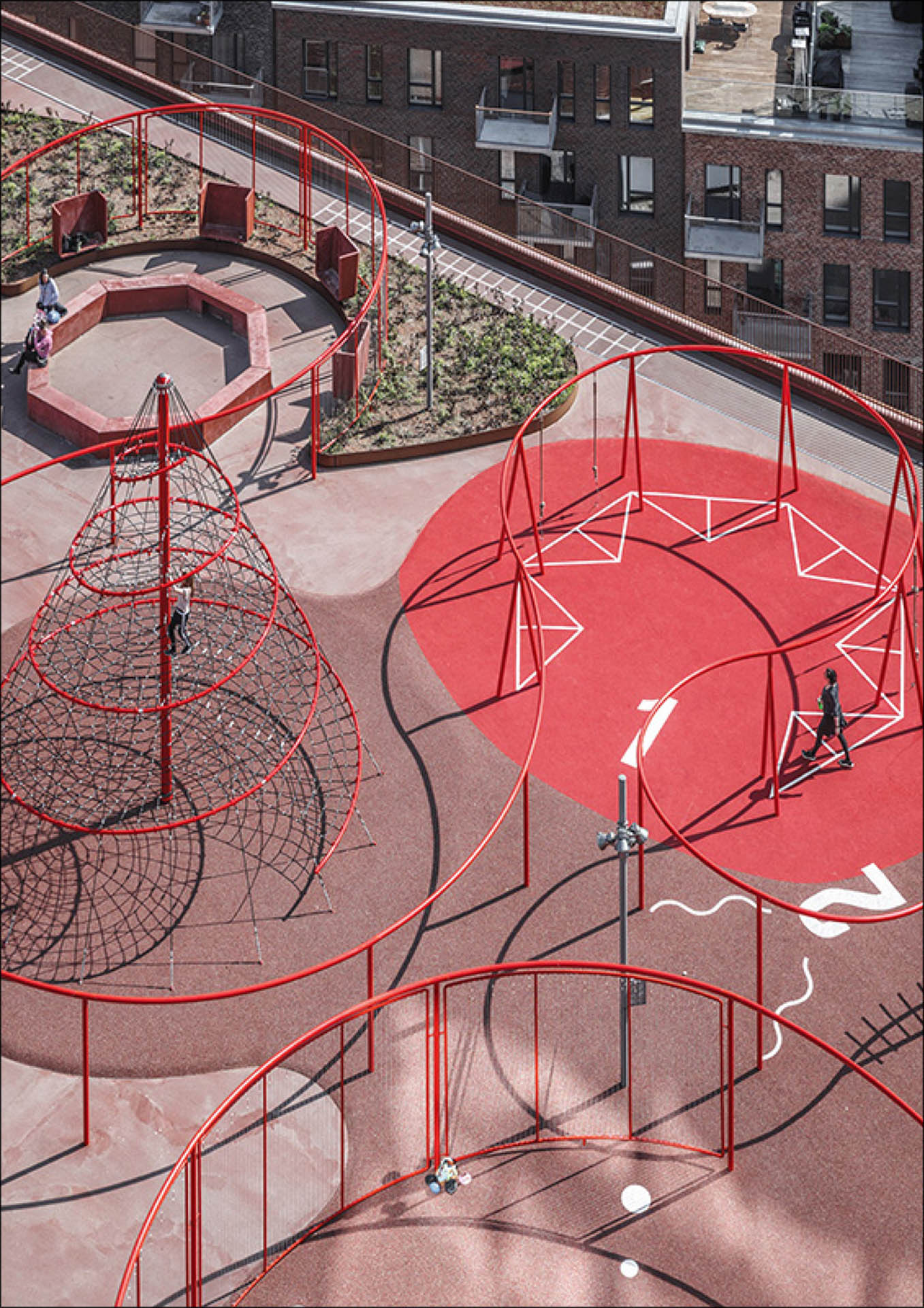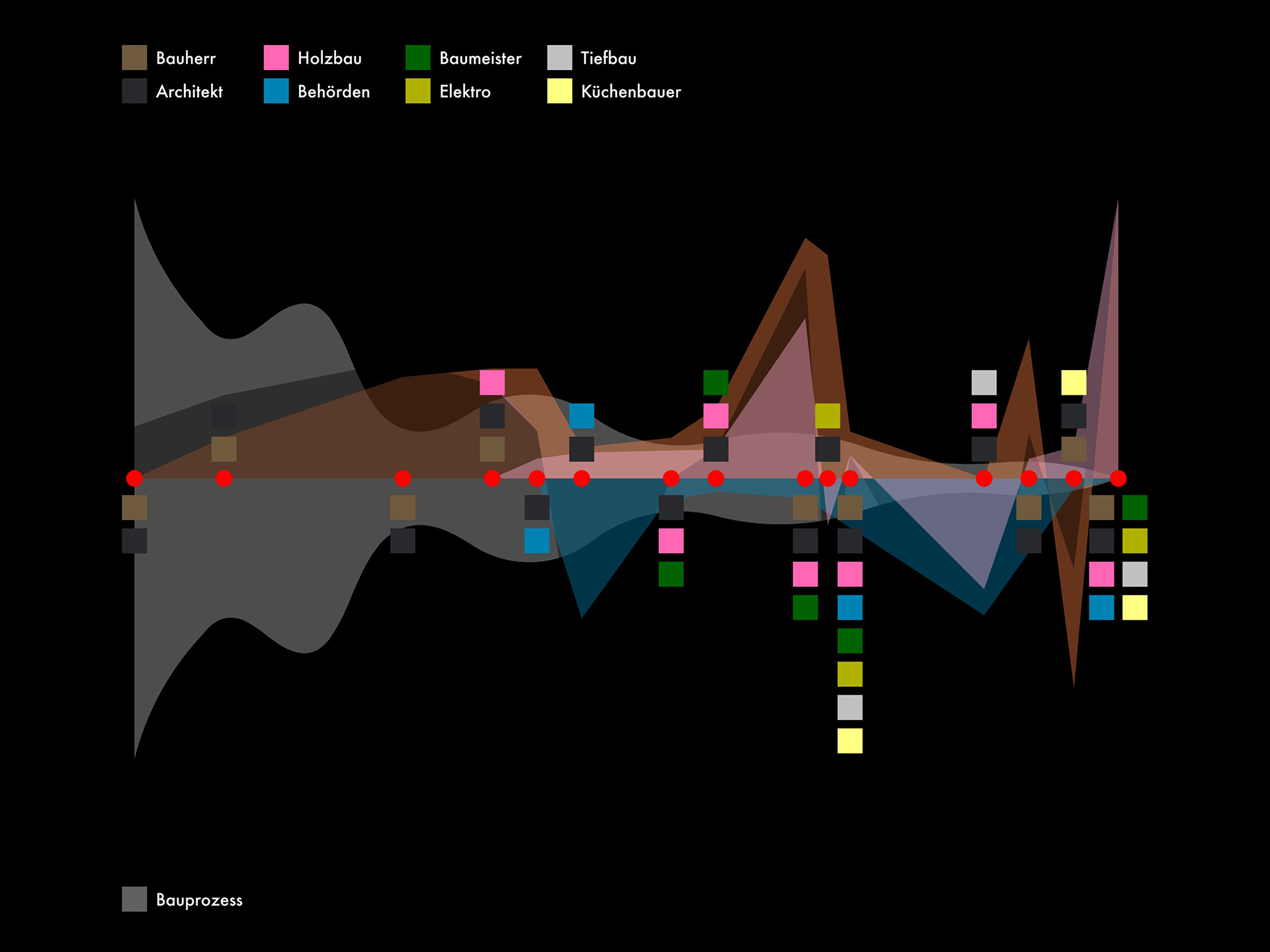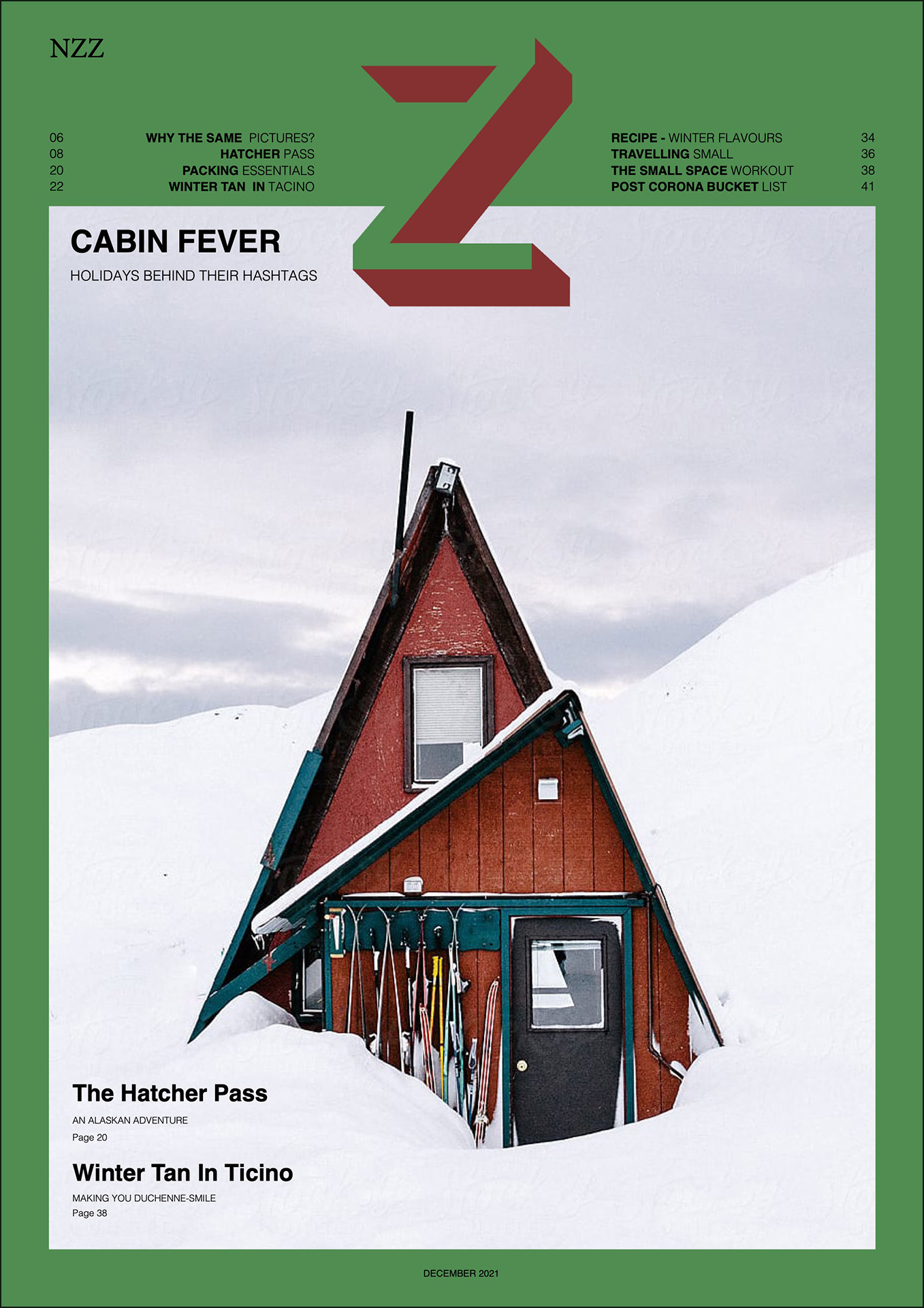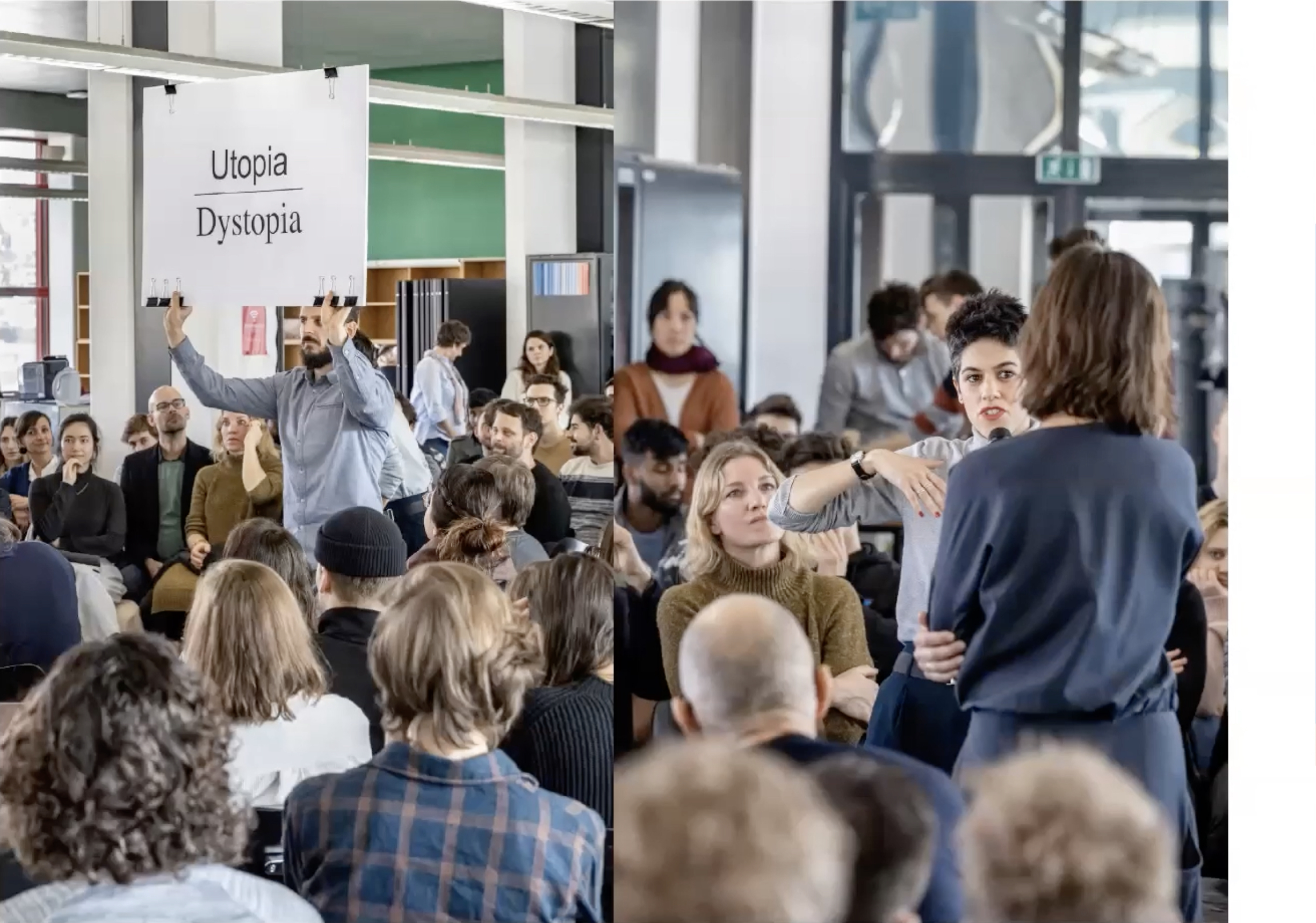Alternative Landscapes
In times of climate change and global heating, architecture’s historical relationship to the environment, in all its complexities and contradictions, will be seen as contested and conflictual, with the environment not only being a passive backdrop, but an actor in its own right.
Kim Förster. Contemporary Perspectives on Environmental Histories of Architecture. Manchester School of Architecture.
In the Spring Semester 2020 workshop sessions of the Keynote Lectures in the Master’s program investigated on the question in what ways and with which methodologies landscapes could be seen as (architectural) protagonists and alternatives to tackle current climatic and ecological challenges.
Sixth professionals from sixth different backgrounds conducted a one day workshop on „their“ landscape. This, by collecting a potpouri of perspectives, to get a sense of the network behind and to extend our interdisciplincary, theoretical repertoire on this topic.
Starting with the historical perspective on the origin of environmental issues which have emerged since industrialization and colonialism and are currently becoming problematic, in times of climate change and global heating, we started our research on contemporary environmental topics, such as the cement industry or new town plannings, etc.
Used as analytical as well as a design tool to capture and use landscapes, Geographical Information Systems (GIS), are computer controlled information systems which comprise hardware, software and data. Crucially, these data are georeferenced, with the result that information from a wide range of fields such as town planning, sociology and geography can be brought together, analysed and edited graphically in one single file.
Concrete case studies, such as „Eatable Facades“, plants in urban and rural spaces, as well as permacultural systems could be examples of alternative approaches, where landscapes are treated as protagonists and „actors in their own right“.
